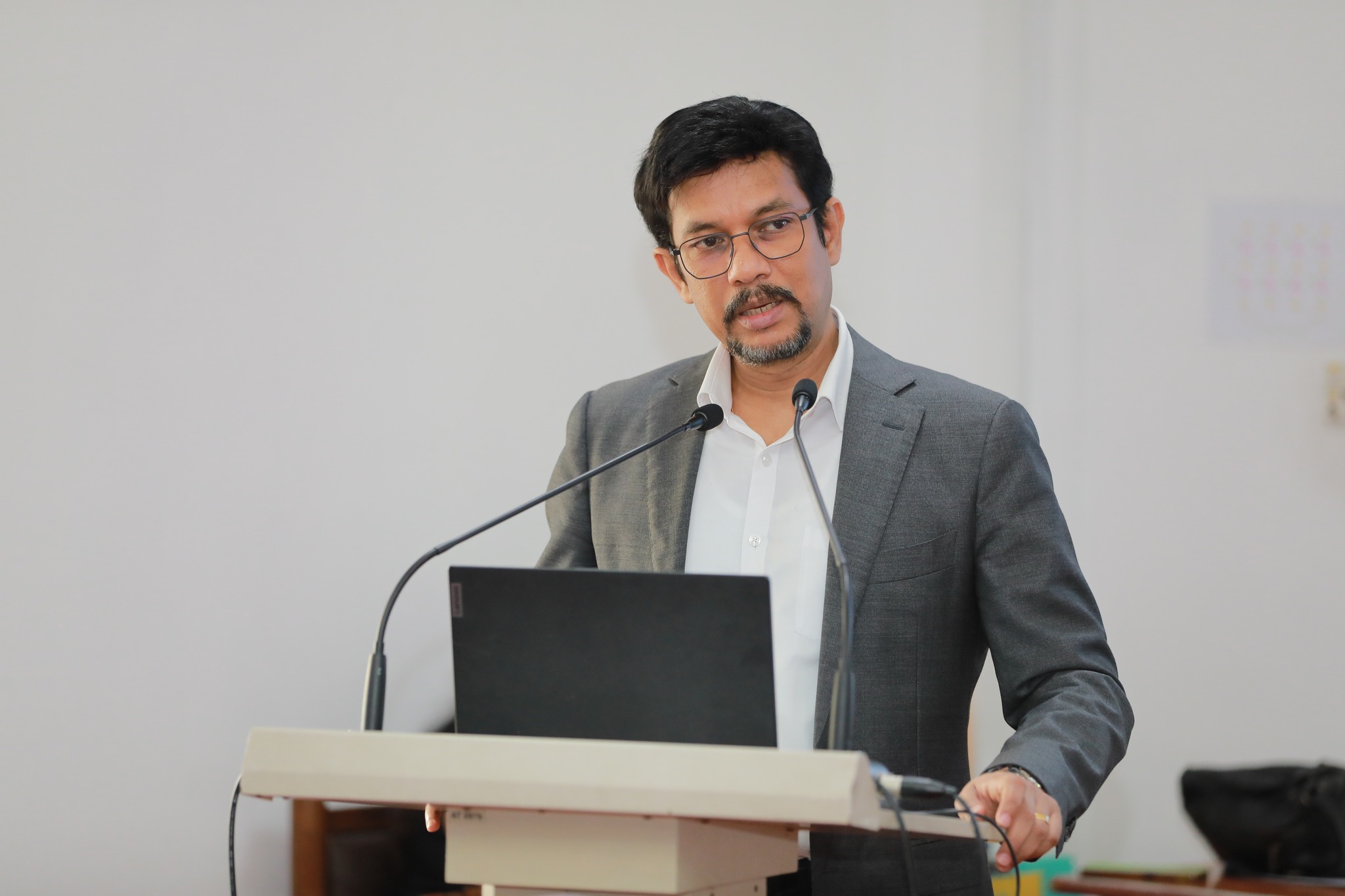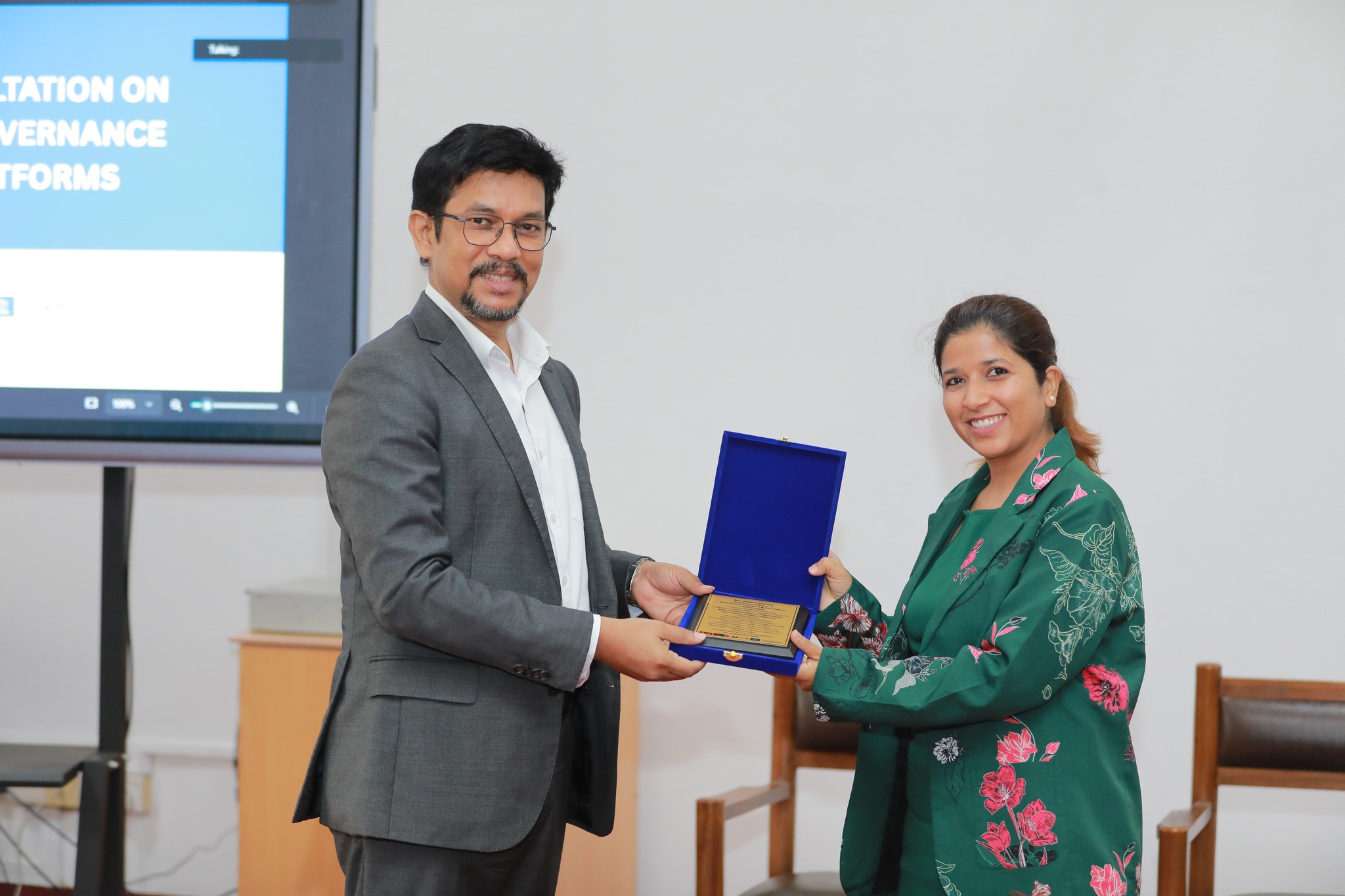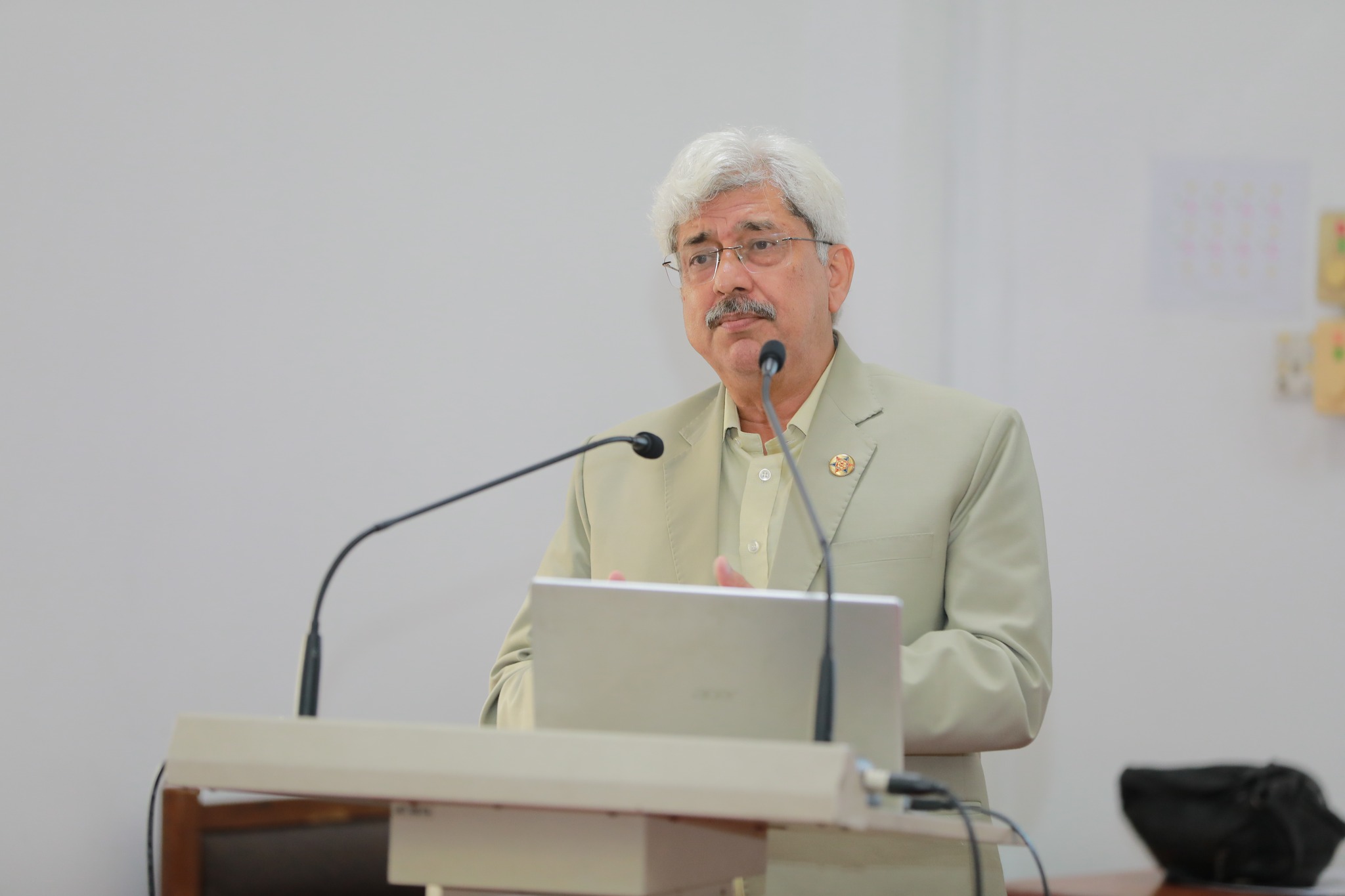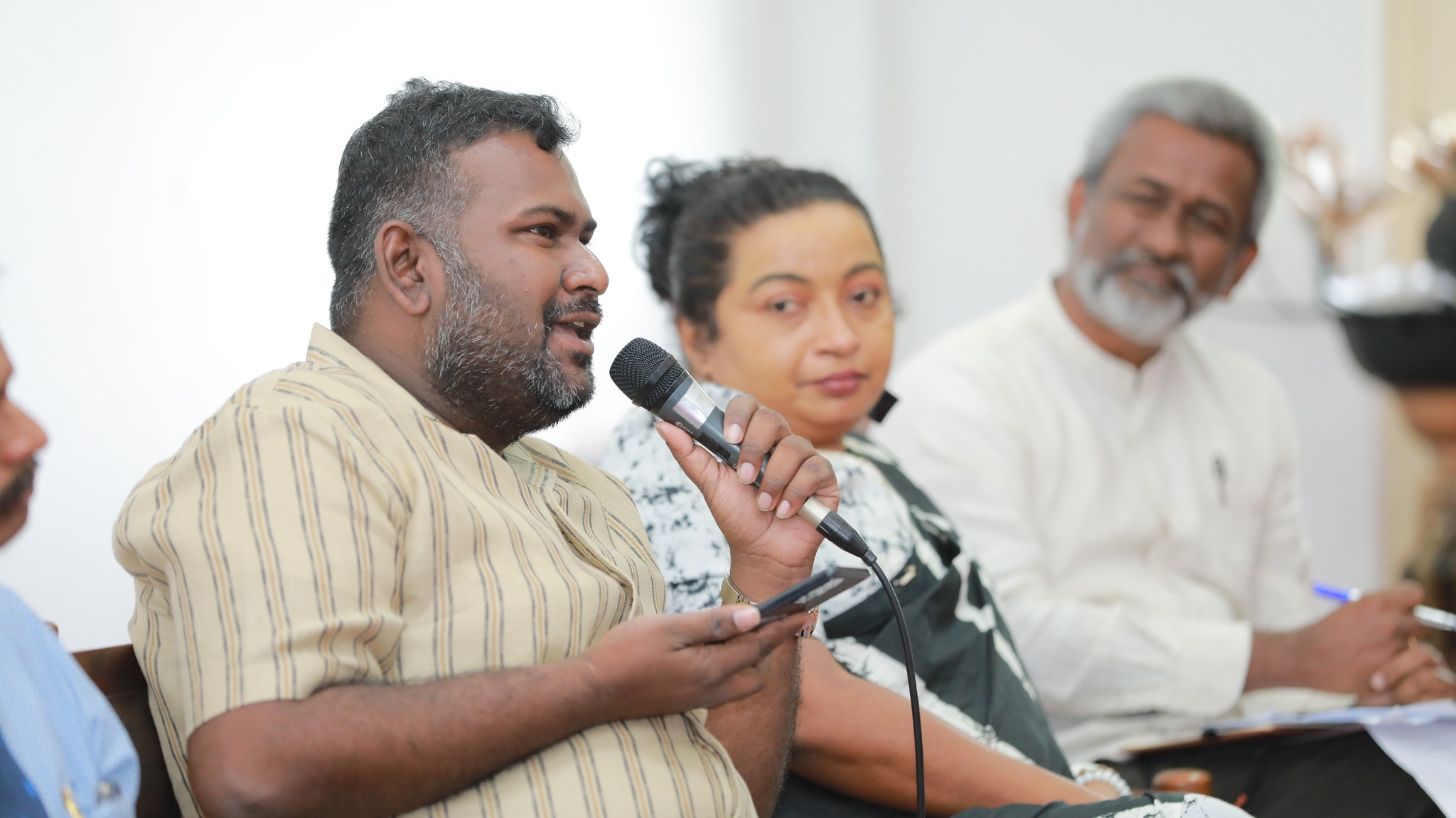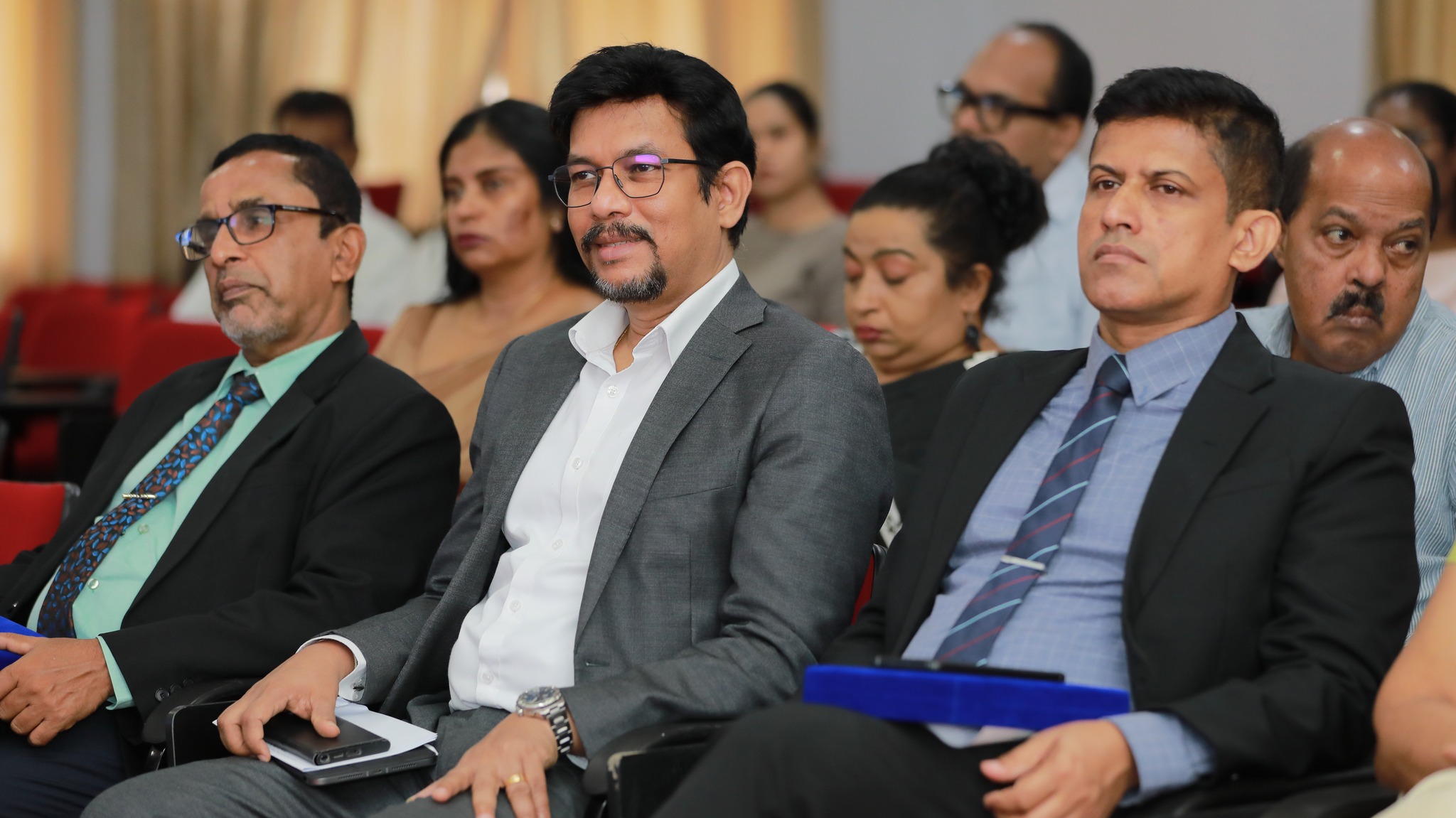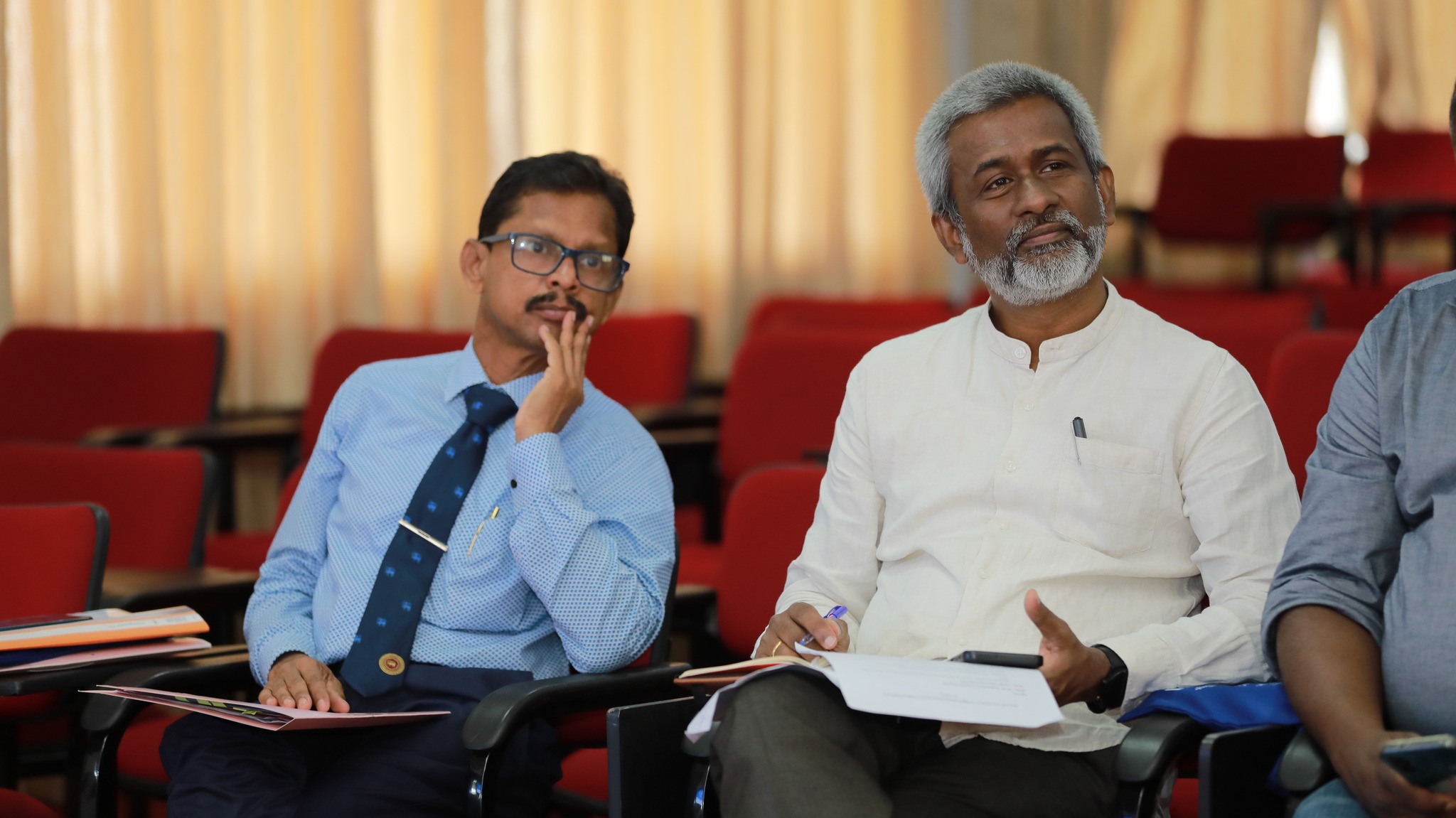Sri Lanka marked a significant milestone in its digital transformation journey with the official awarding of 5G spectrum licenses at a ceremonial event organised by the Telecommunications Regulatory Commission of Sri Lanka (TRCSL), under the patronage of the Ministry of Digital Economy.
The rollout of 5G is a critical enabler of Sri Lanka’s digital economy vision. 5G technology with its high speed, ultra-low latency, and enhanced reliability, will support transformative applications across many sectors such as industry, healthcare, education, logistics, smart cities, and public services, while creating new opportunities for innovation and entrepreneurship.
Marking the commencement of licensed 5G deployment in Sri Lanka, Dialog Axiata PLC and Sri Lanka Telecom Mobitel formally received their spectrum licenses, affirming their role in advancing Sri Lanka’s next-generation mobile network infrastructure.
The event was graced by Hon. Deputy Minister of Digital Economy, Eng. Eranga Weeraratne,Mr. Waruna Sri Dhanapala, Chairman of the Telecommunications Regulatory Commission of Sri Lanka, Director General of TRCSL, Retired Air Vice Marshal Bandula Herath, Dr. Sulakshana Jayawardena, Chairman of the Auction Committee, Mr. Supun Weerasinghe, Director and Group Chief Executive of Dialog Axiata PLC, and Dr. Mothilal de Silva, Chairman and Director of Mobitel (Private) Limited, along with many other senior officials and key stakeholders from the telecommunications sector.
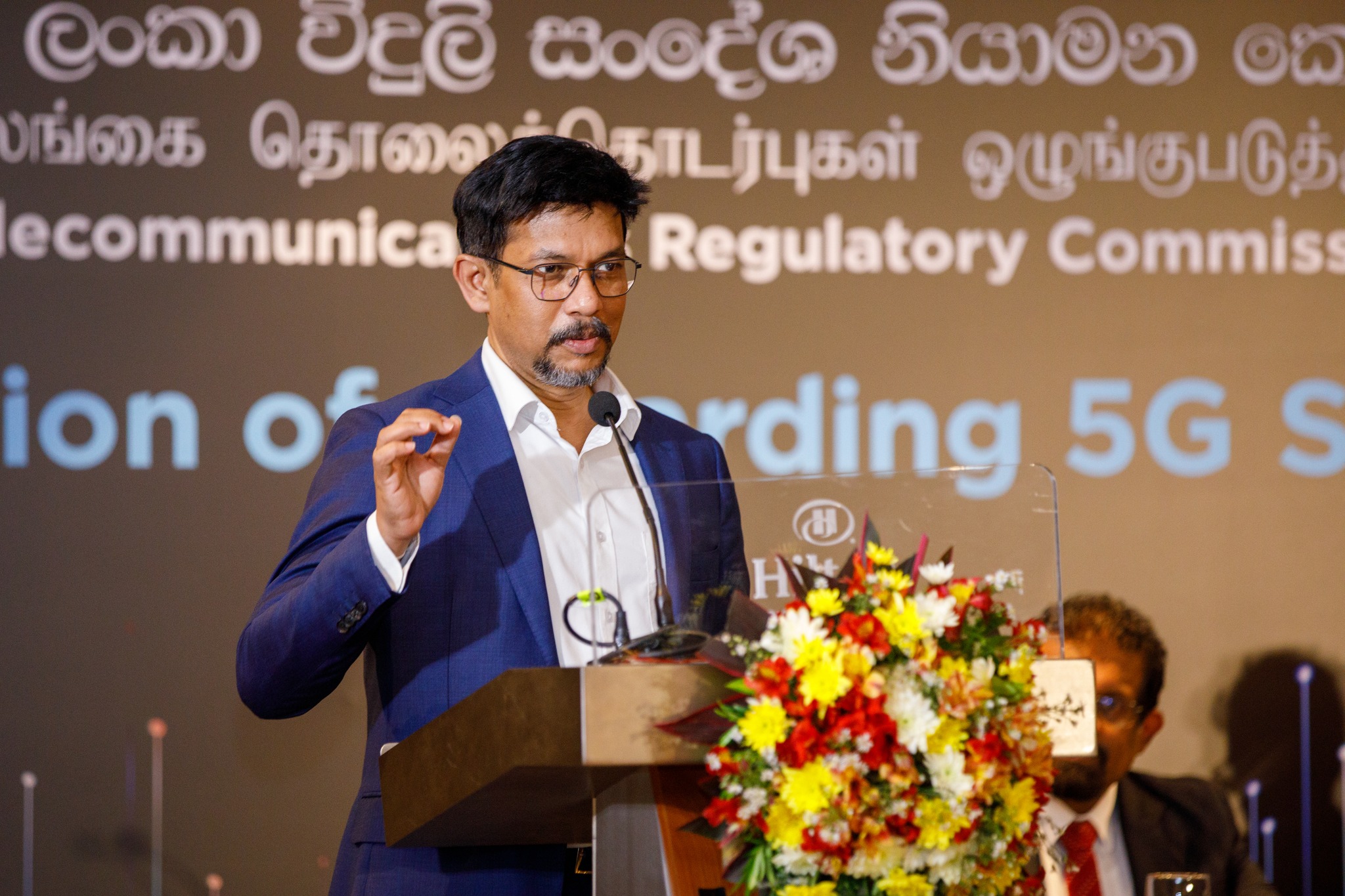
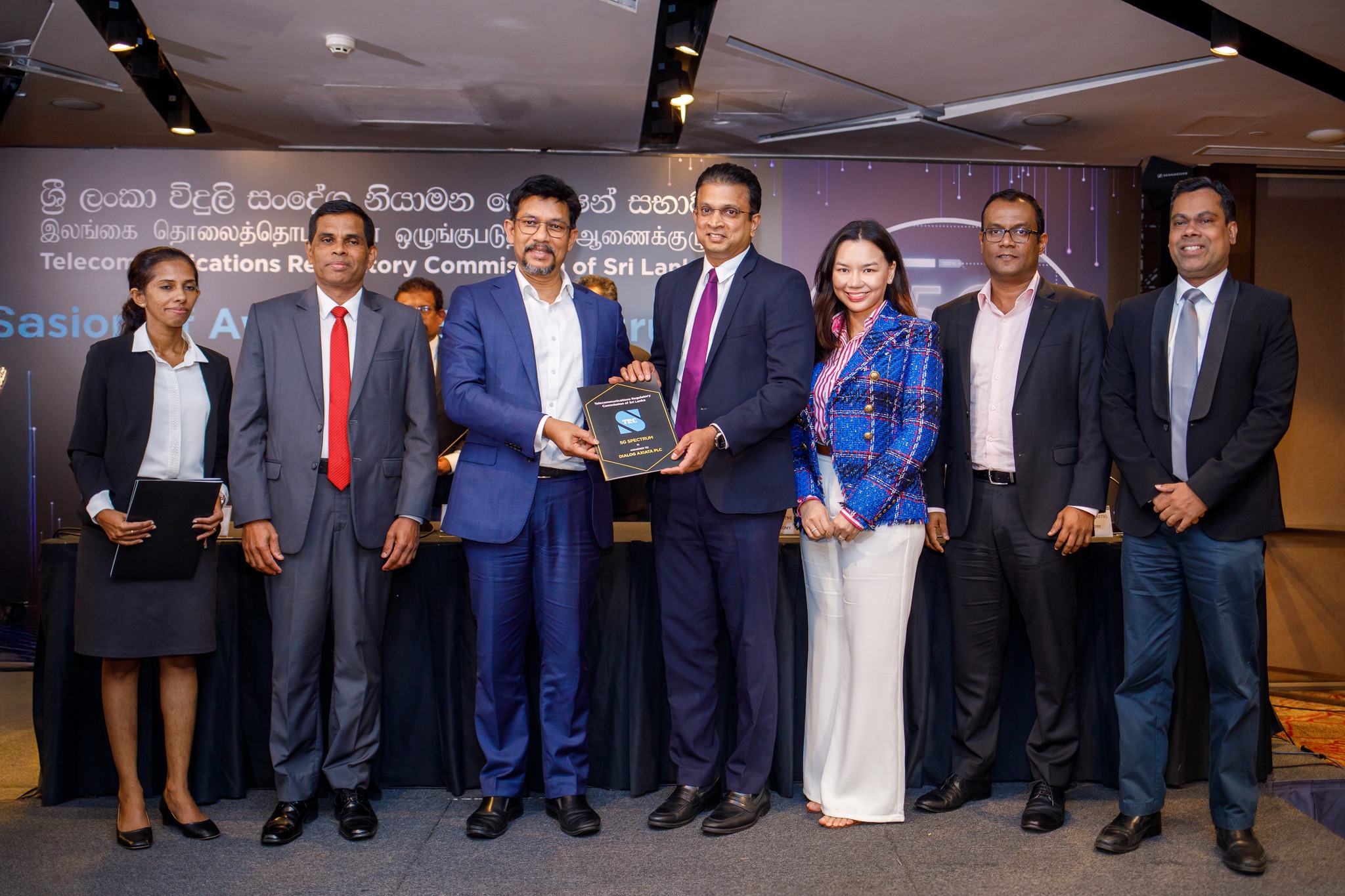
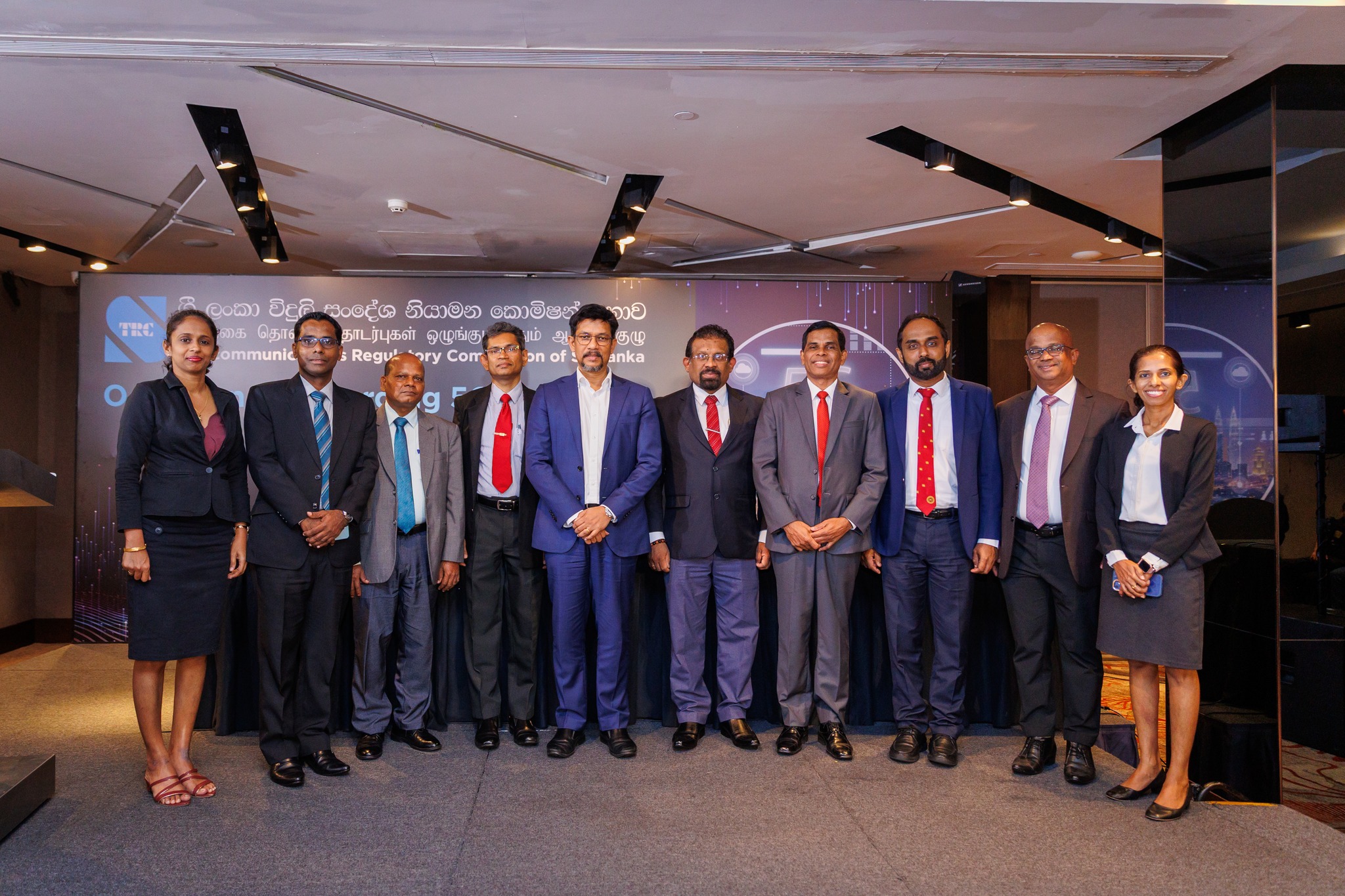
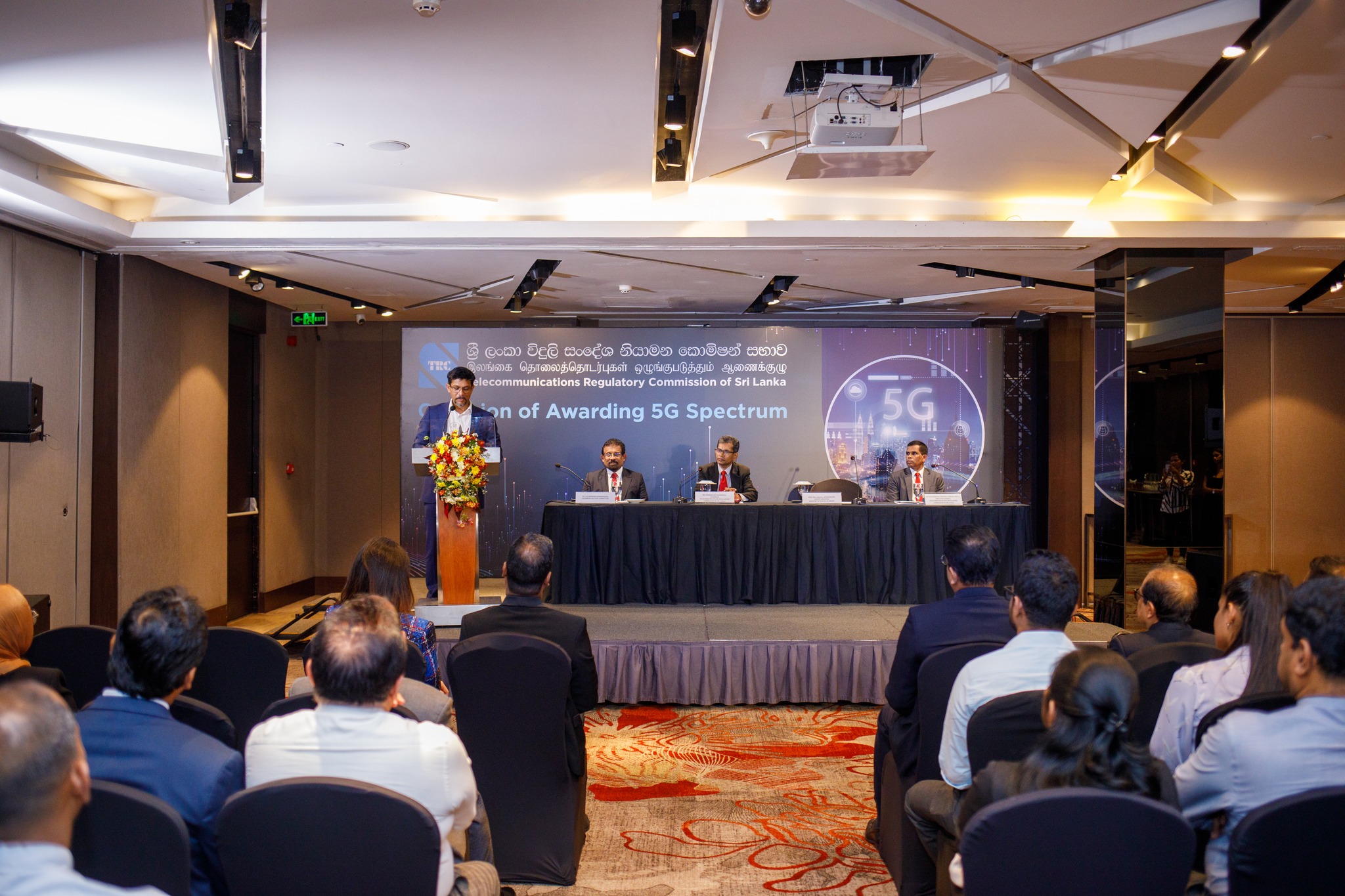
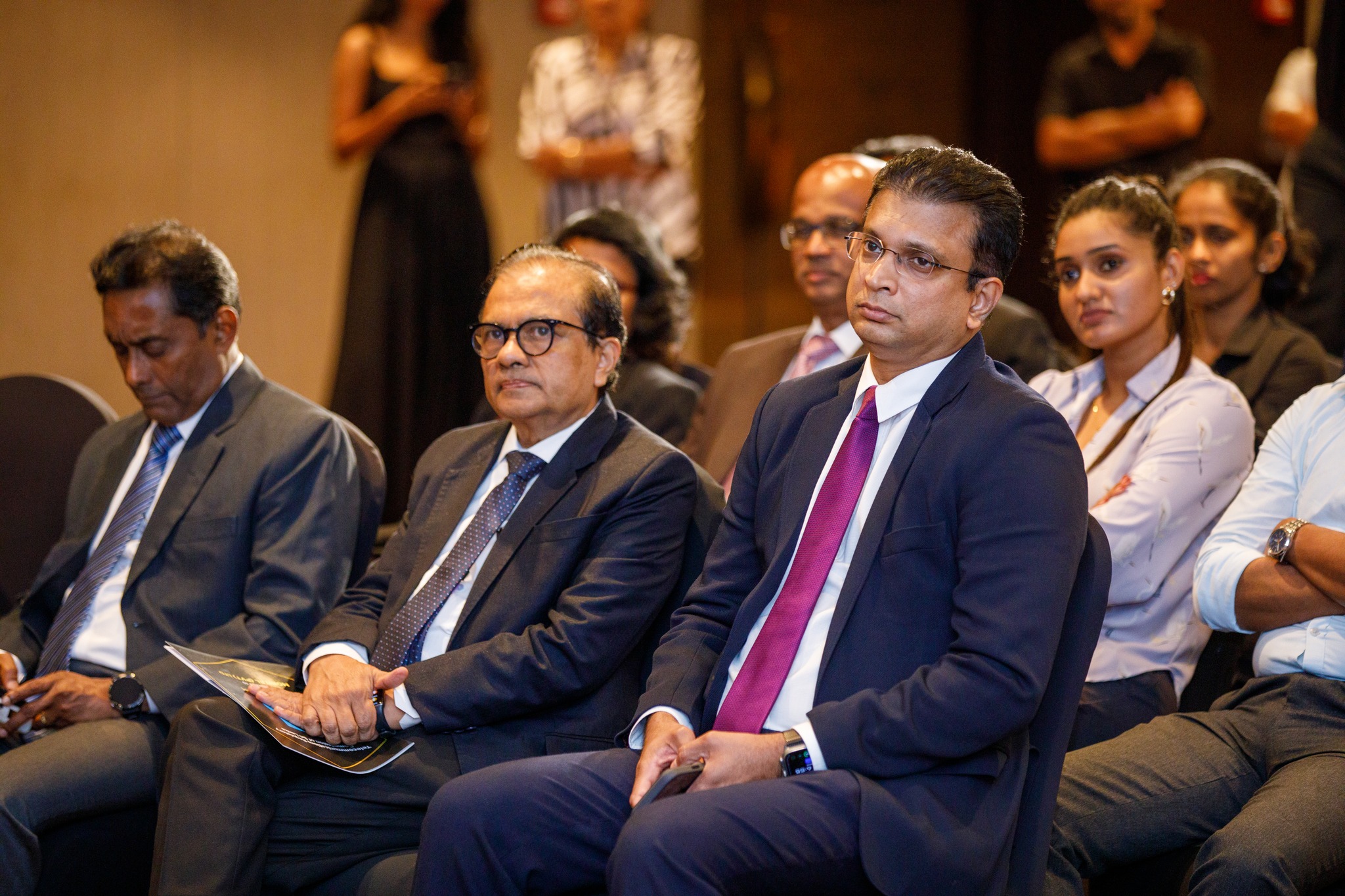
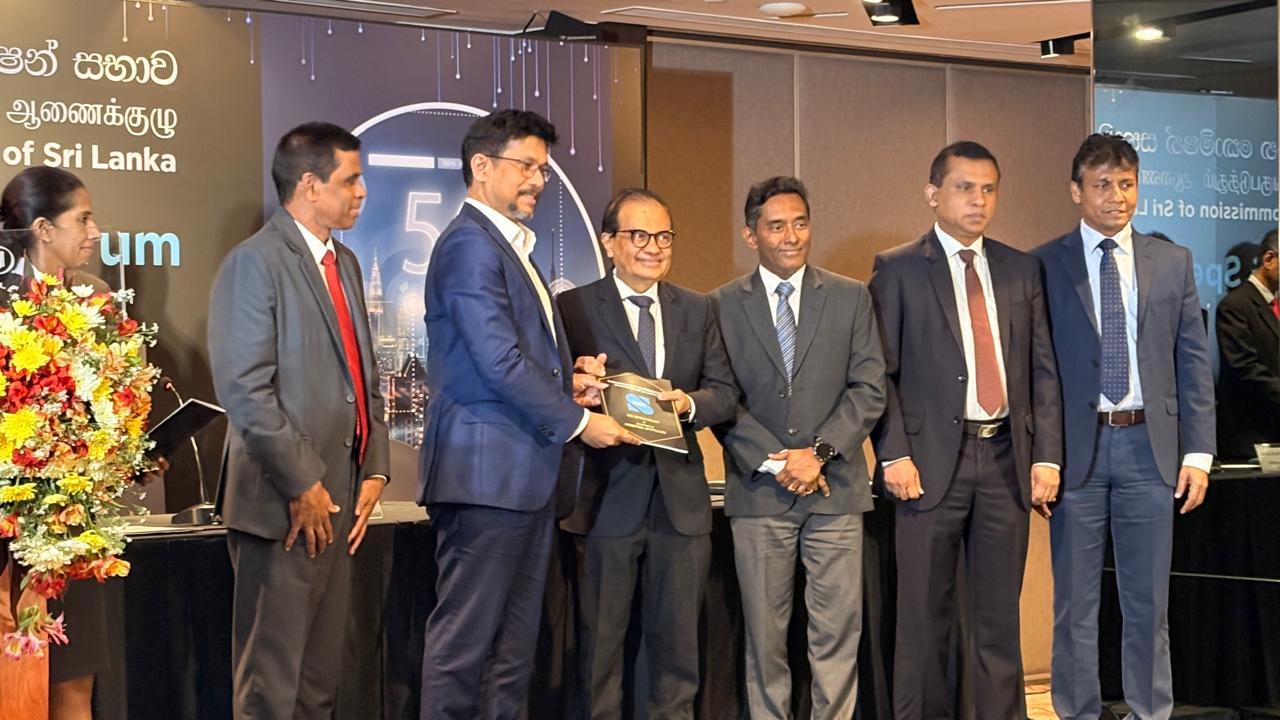
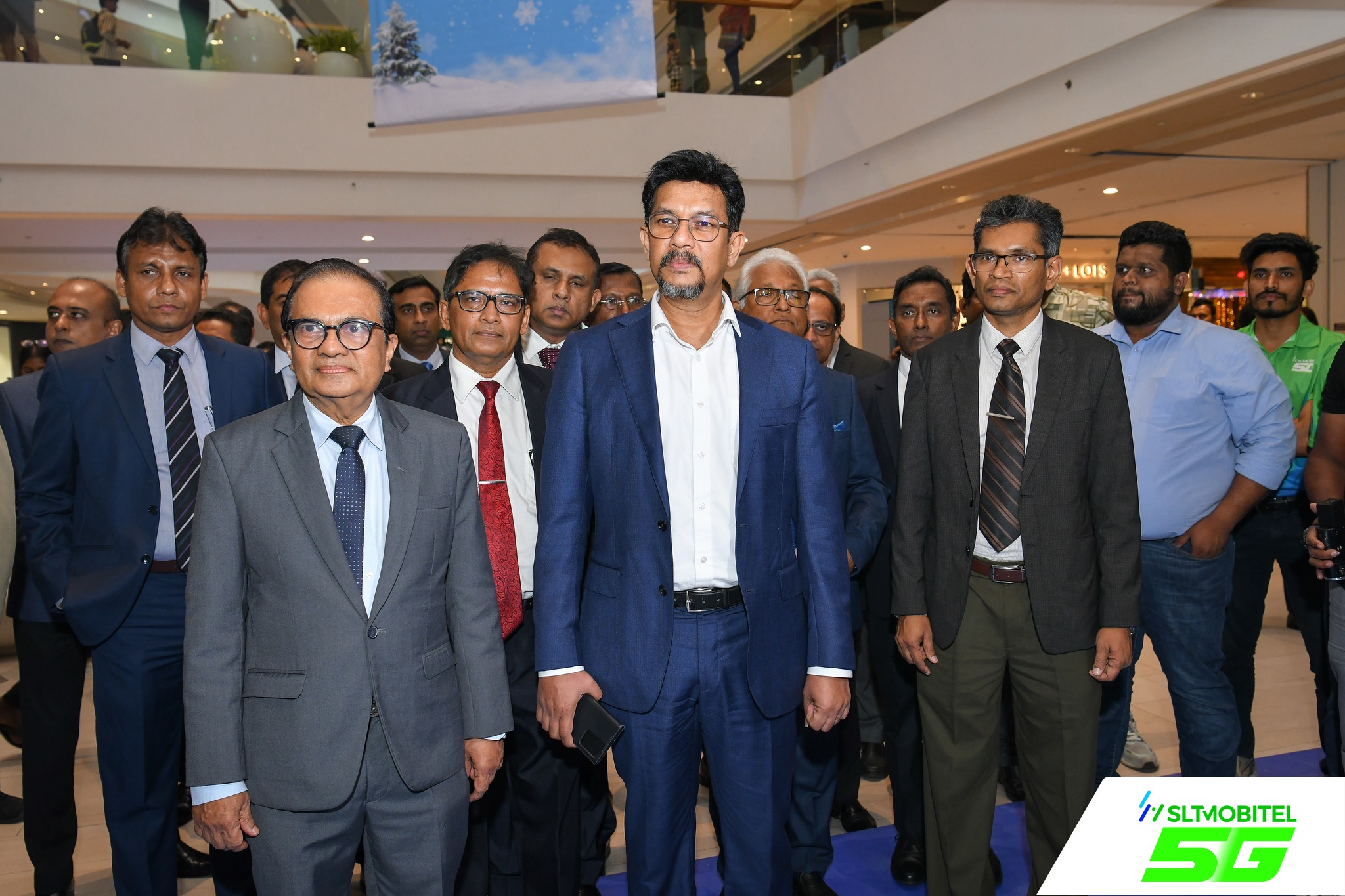



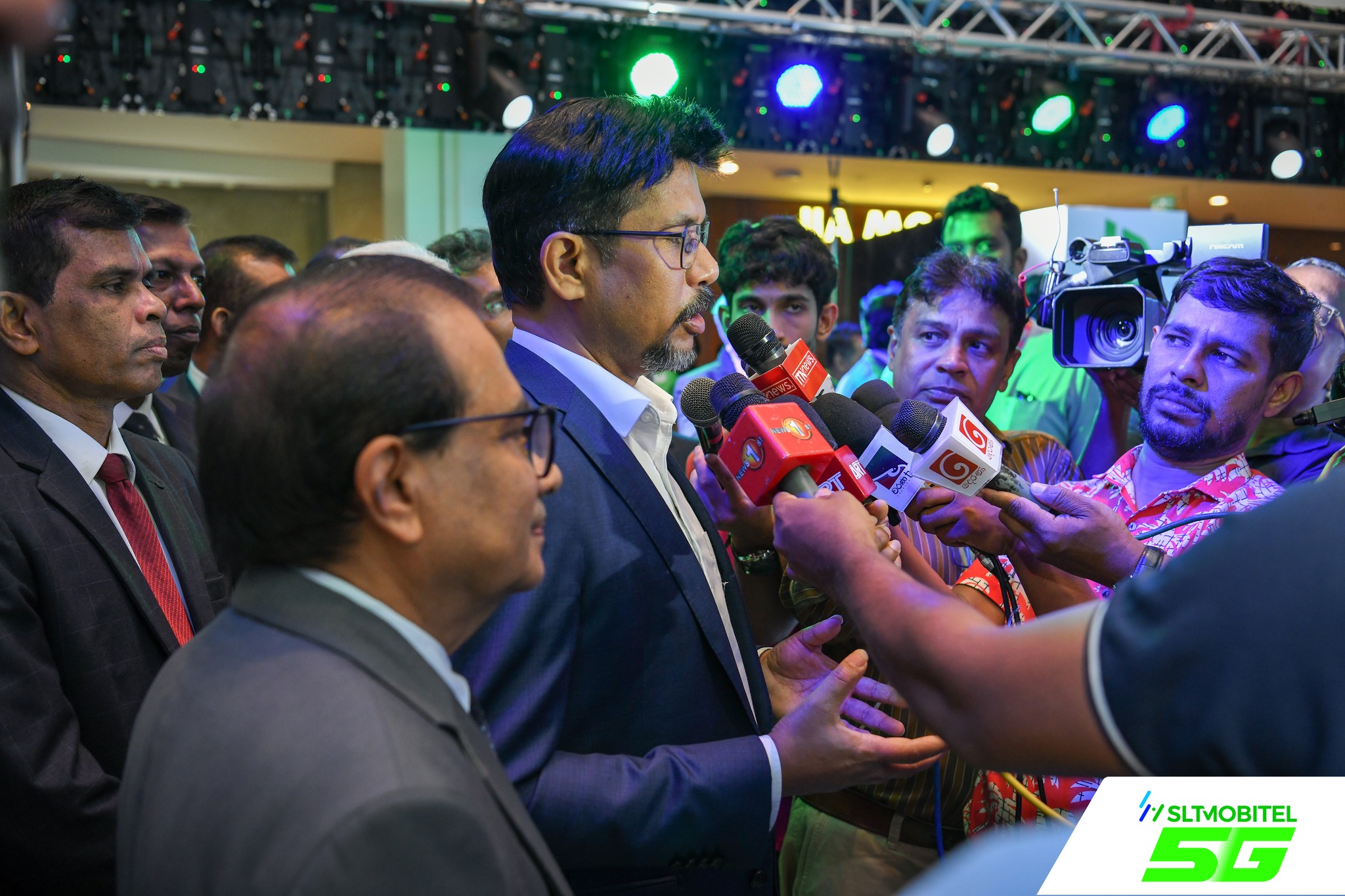

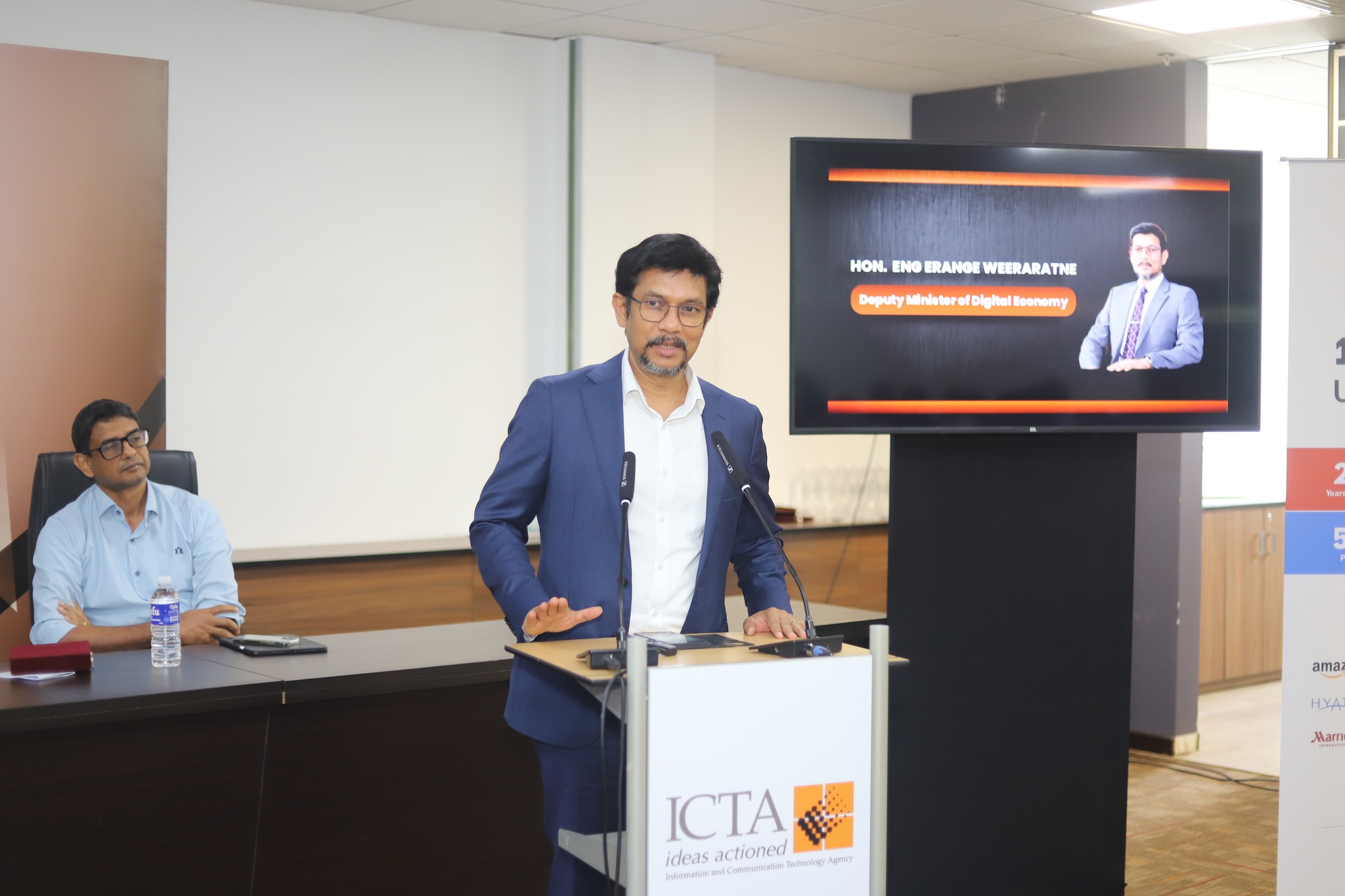
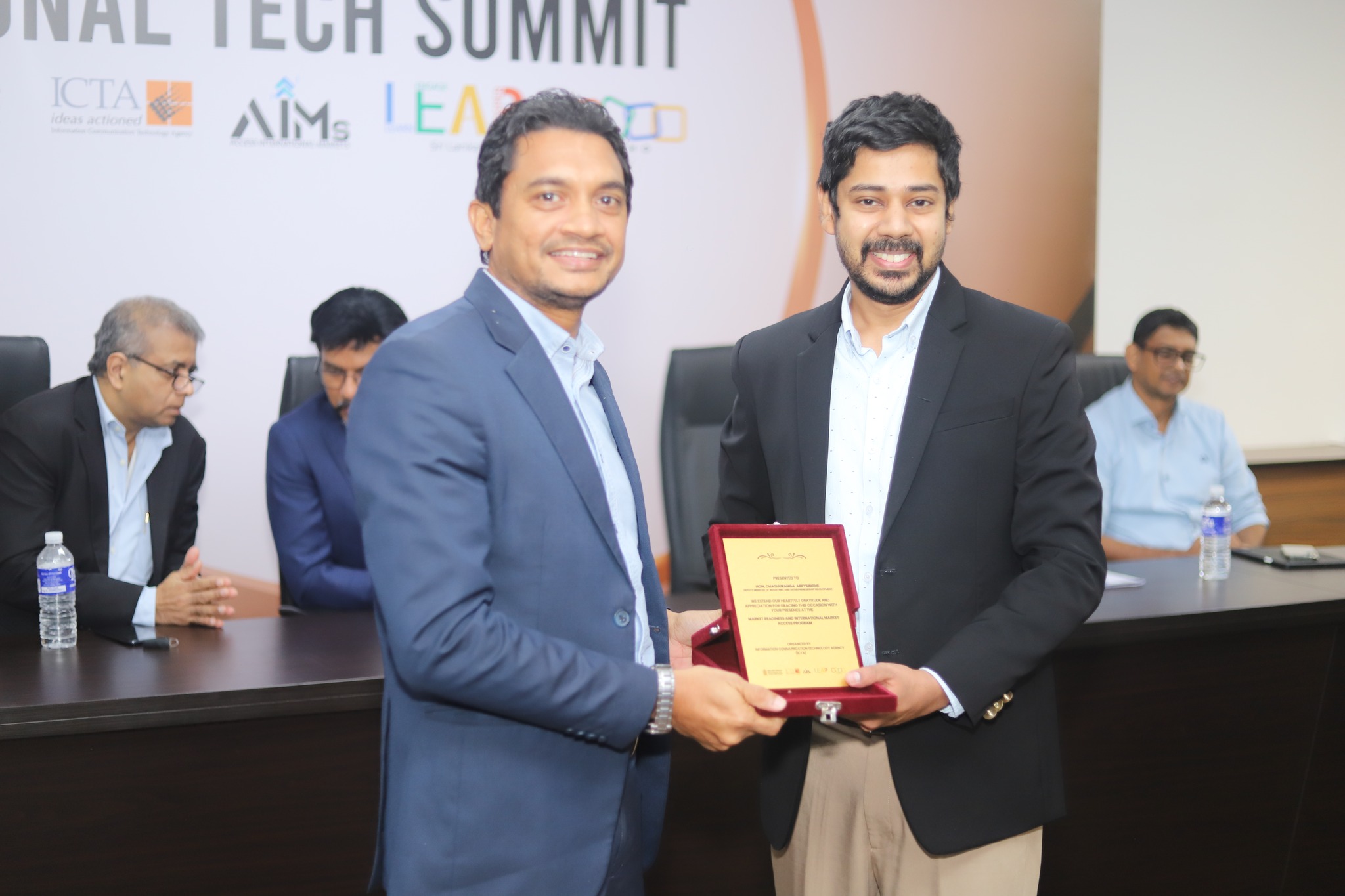
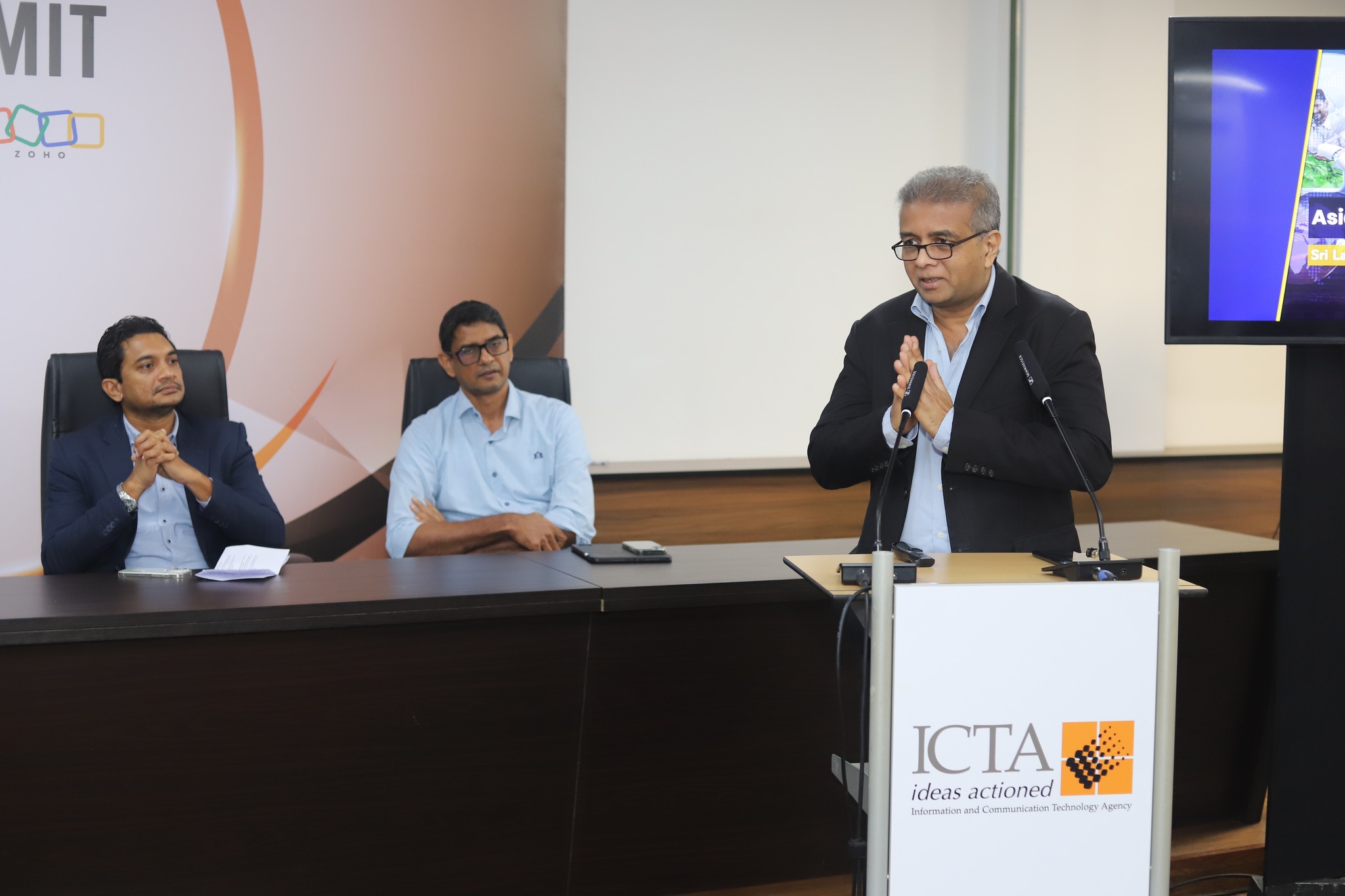
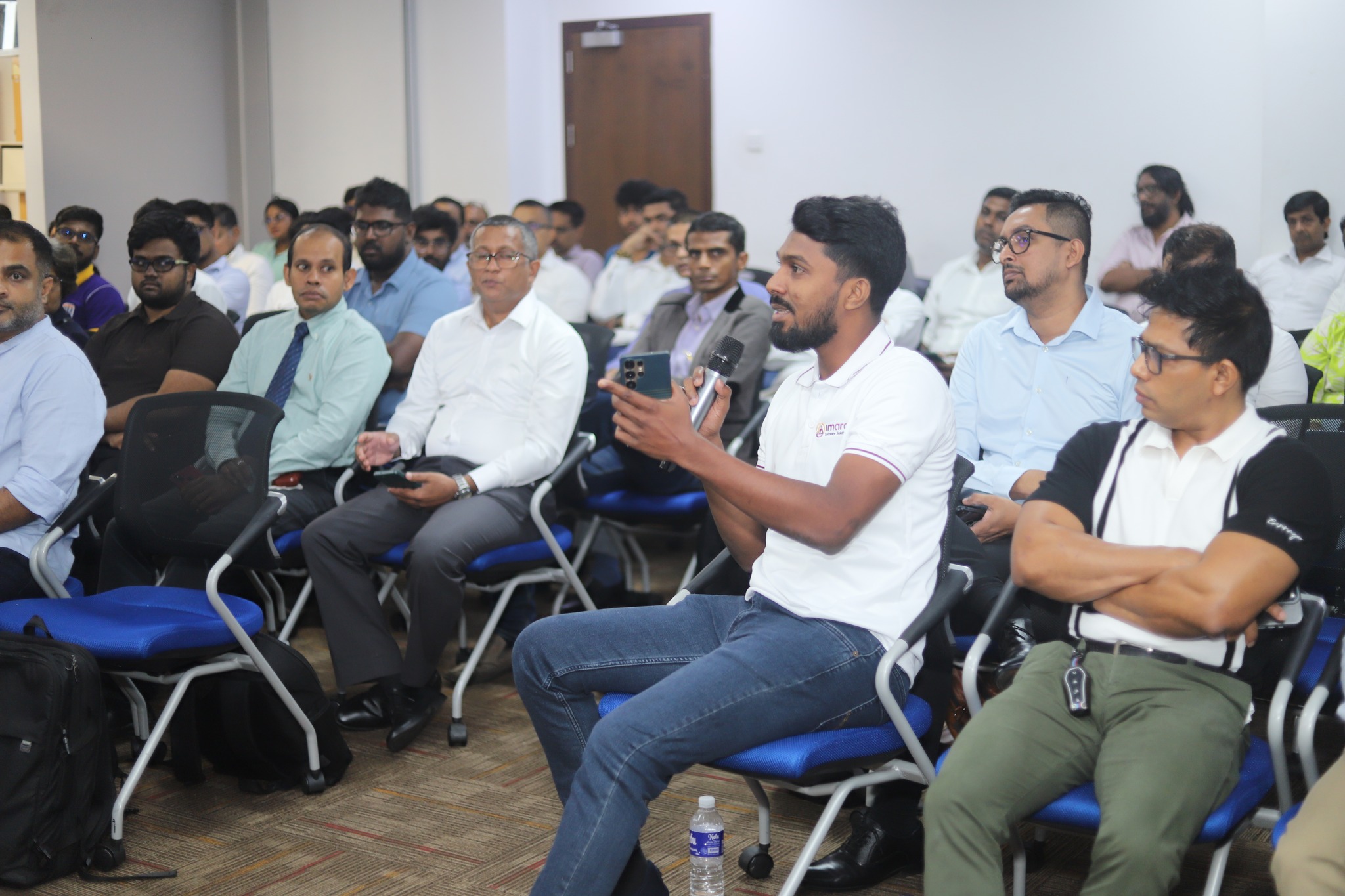
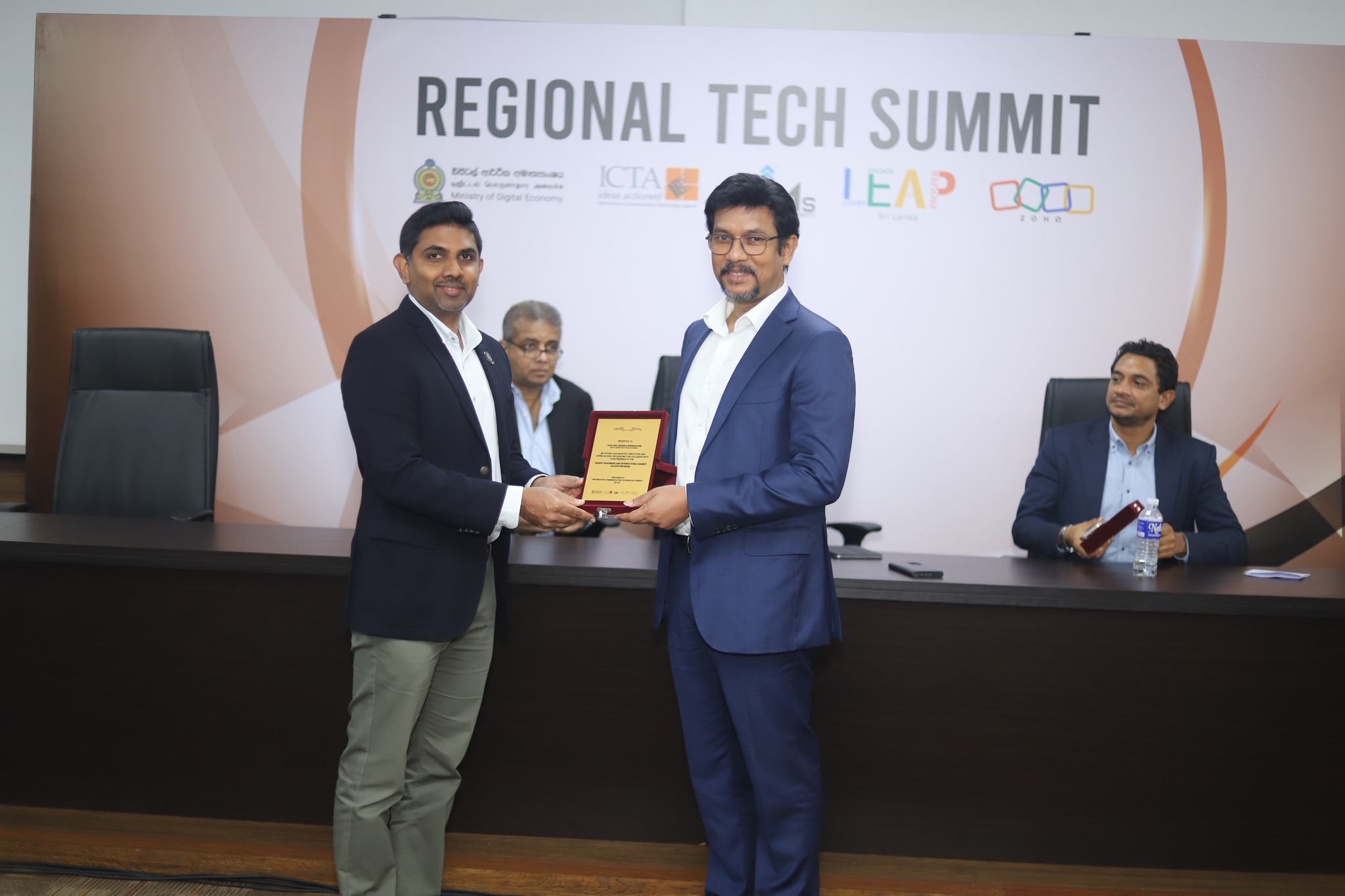
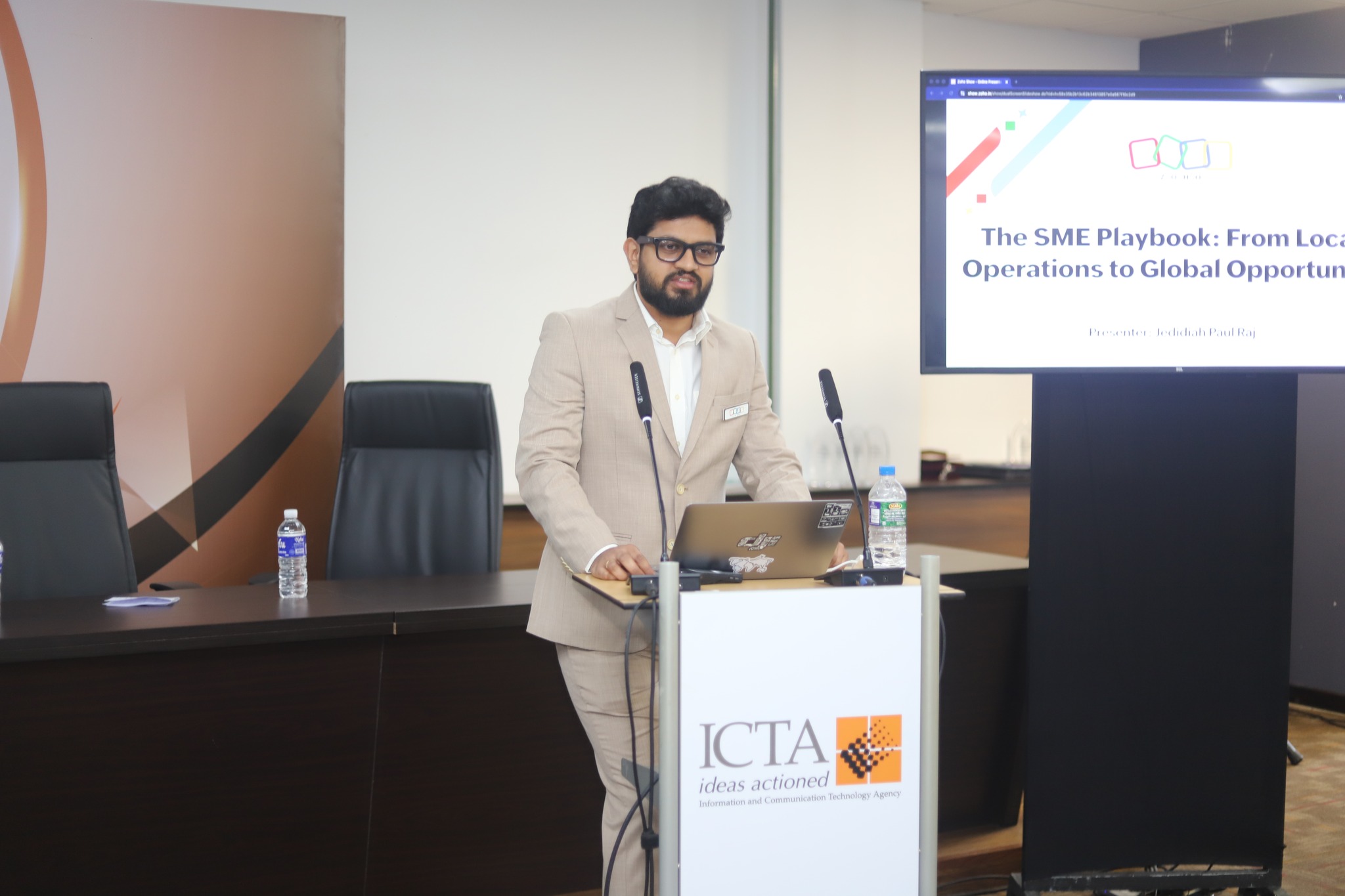
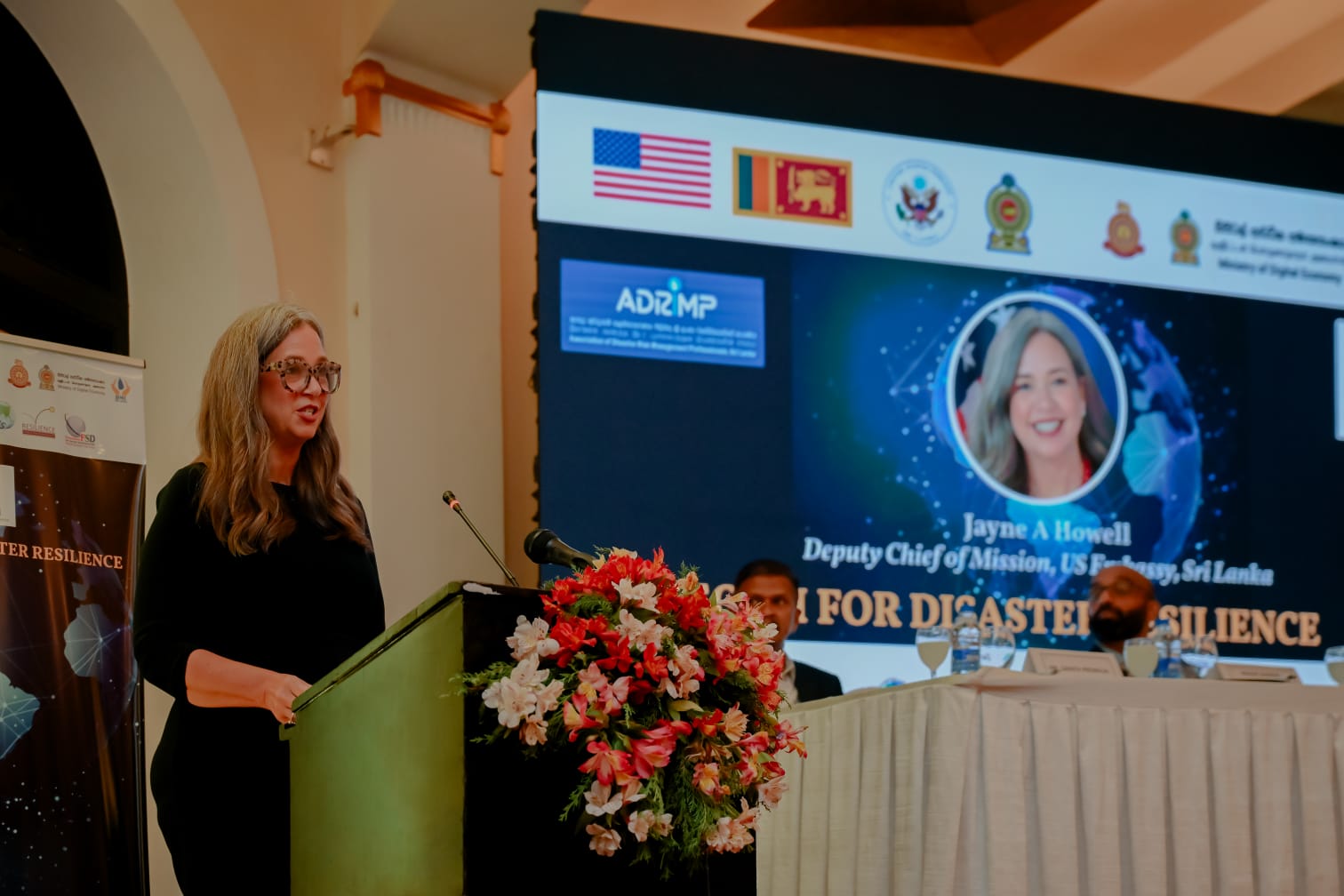
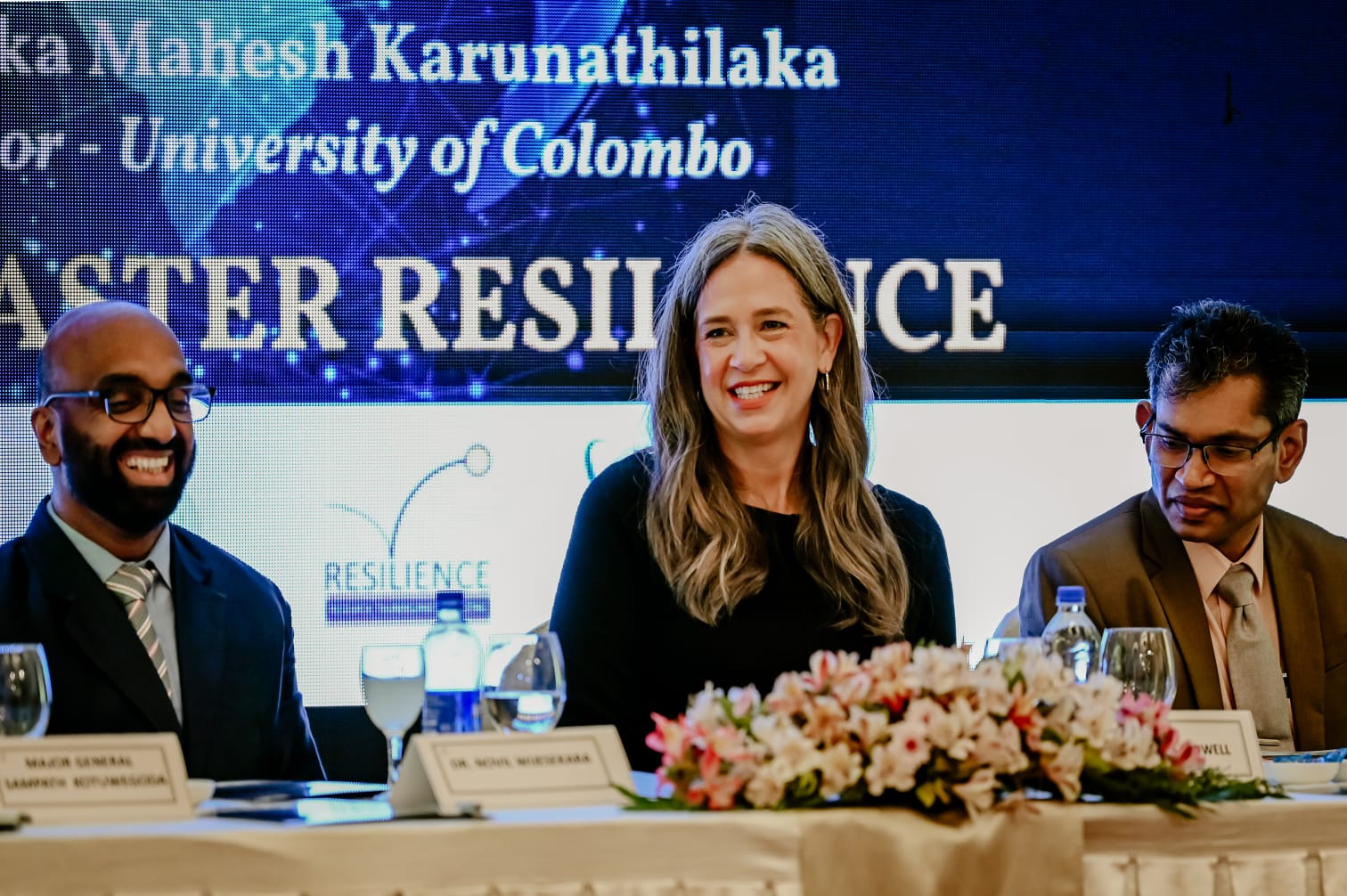
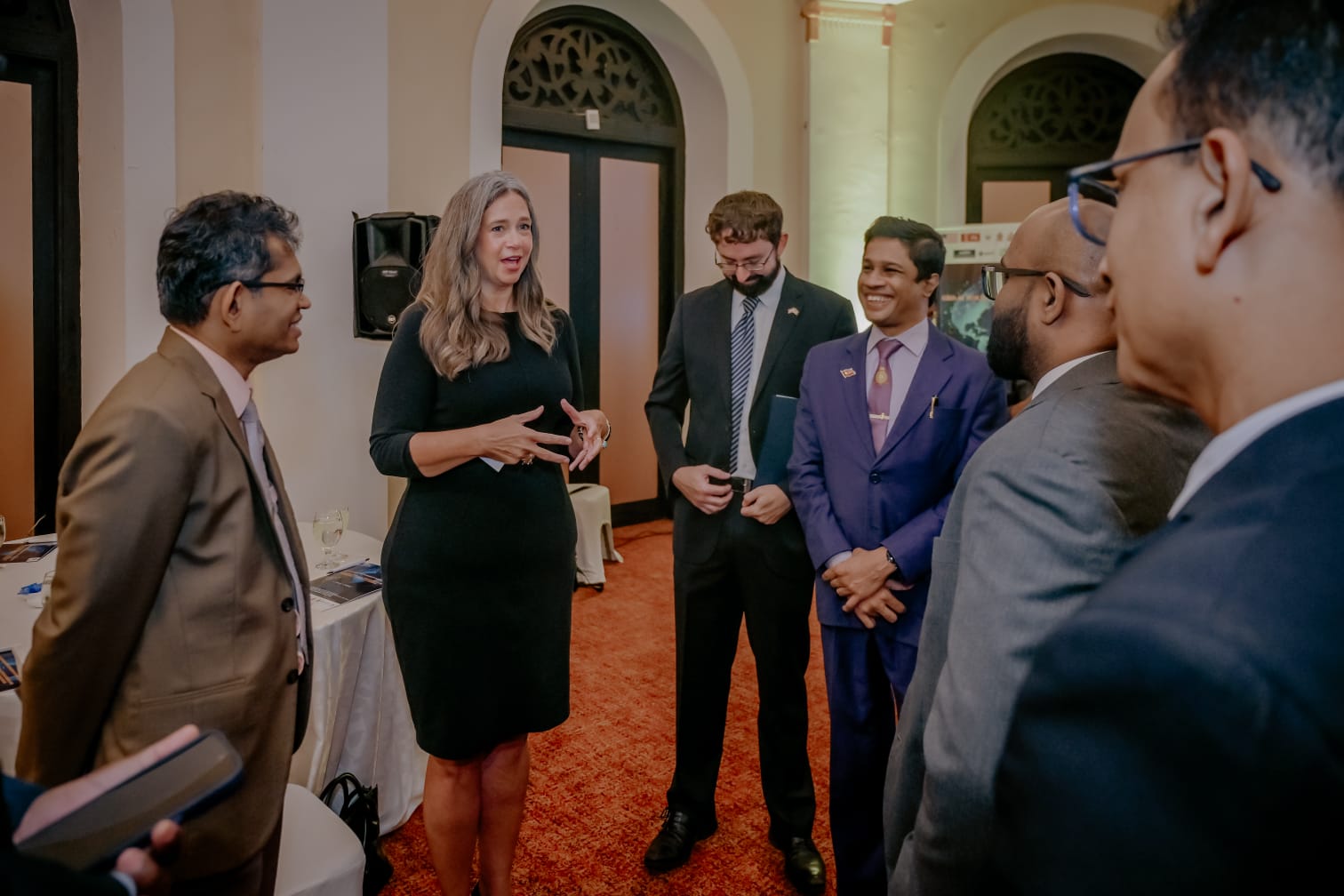
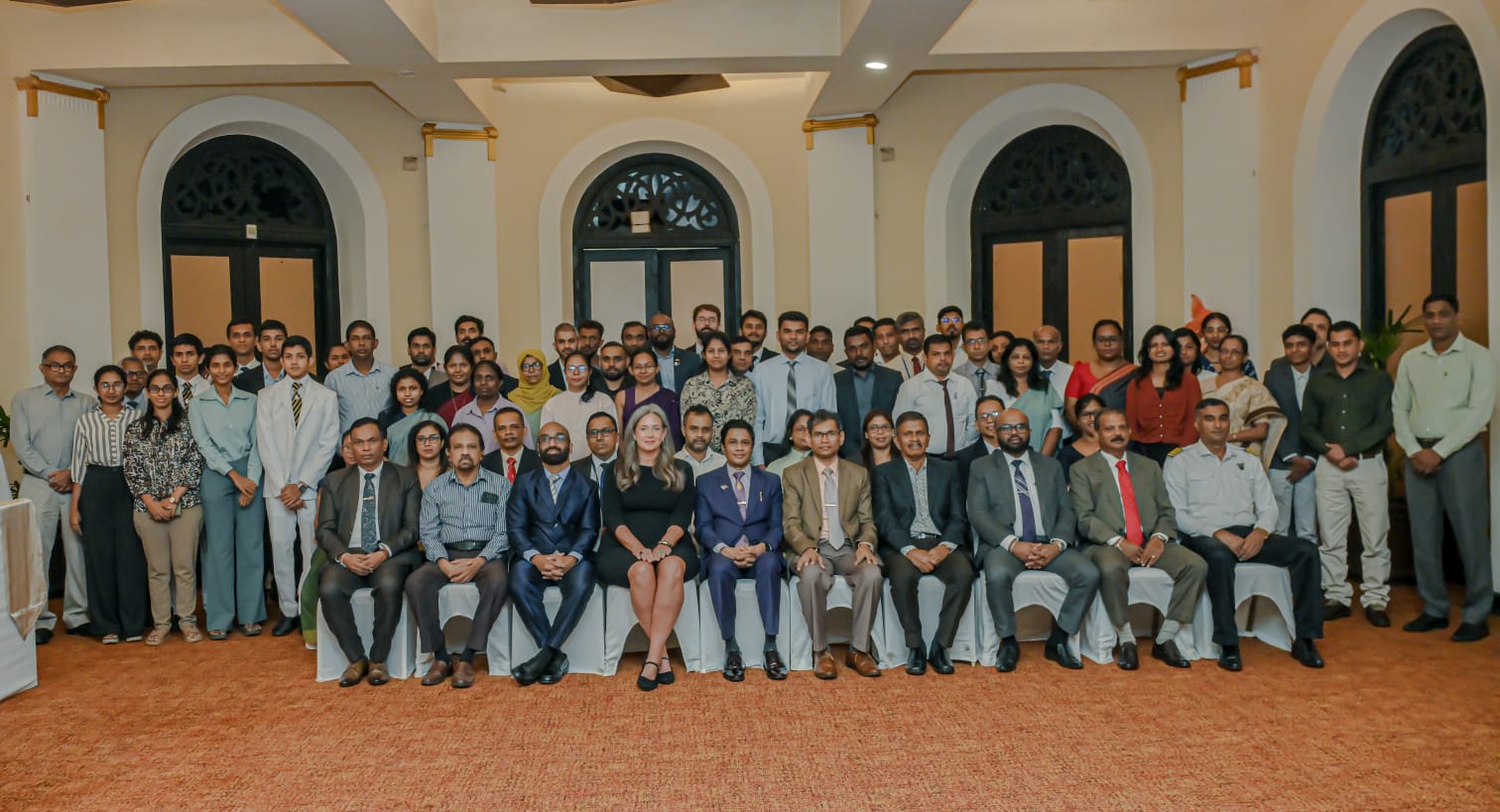
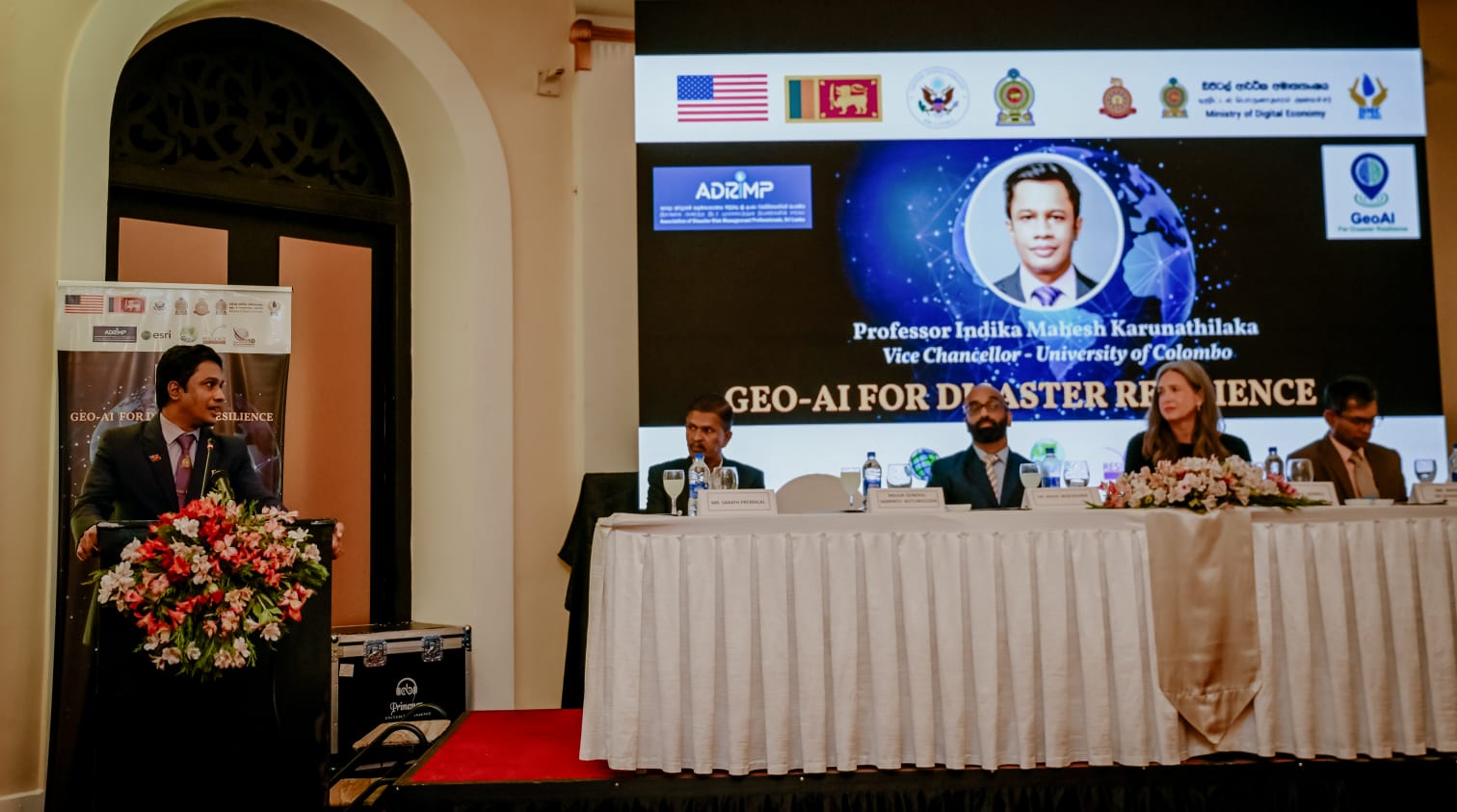
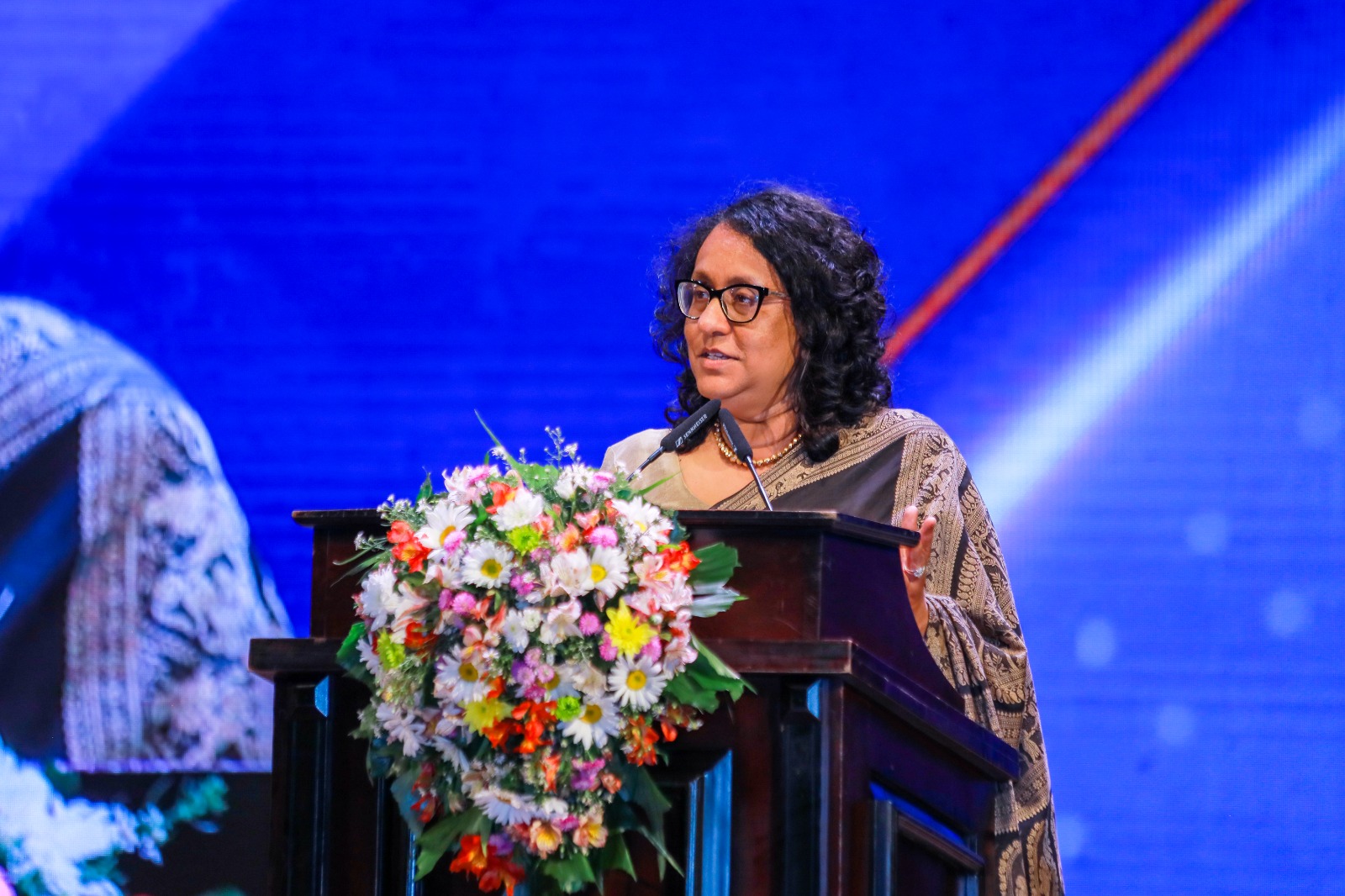
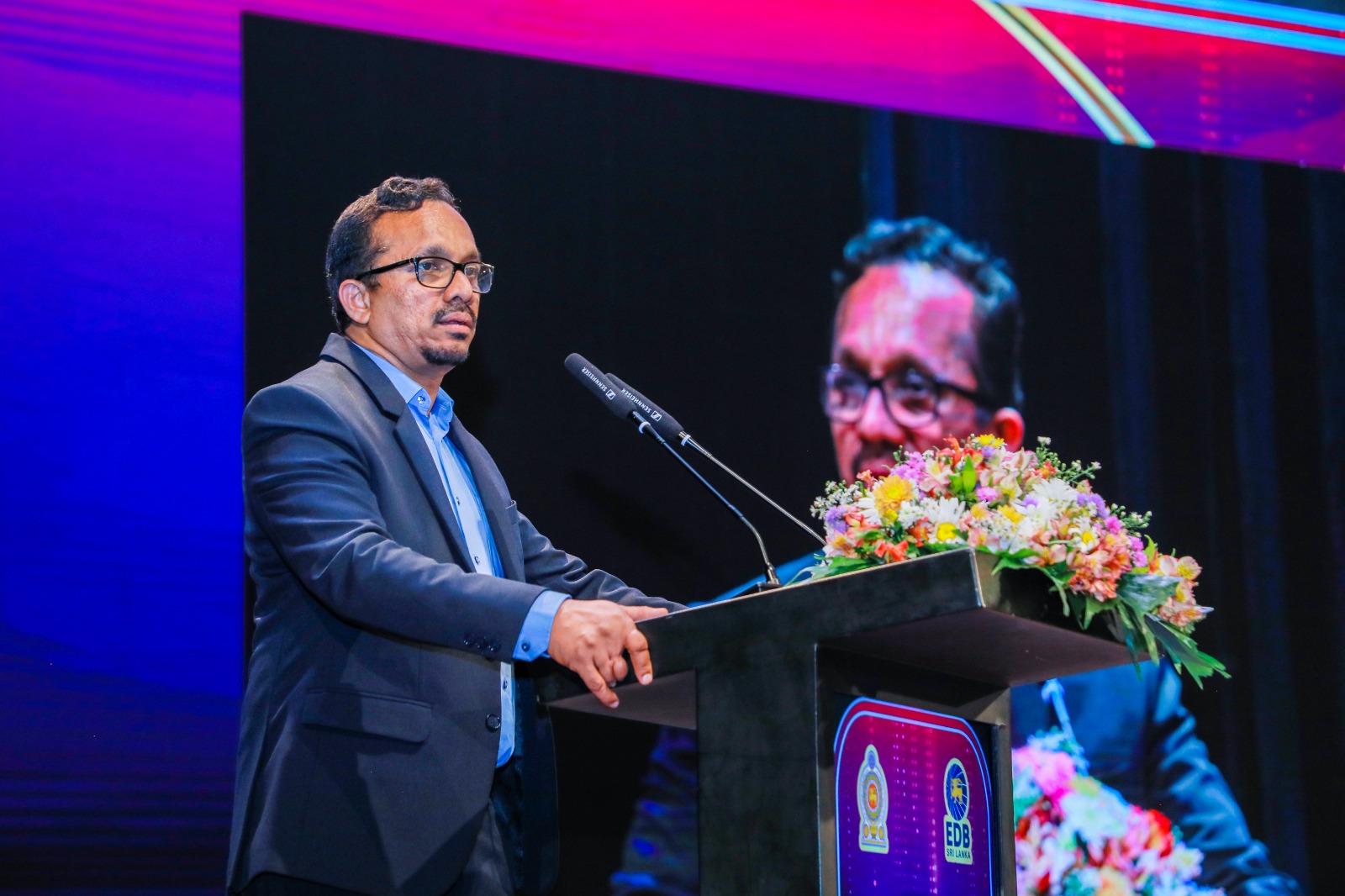
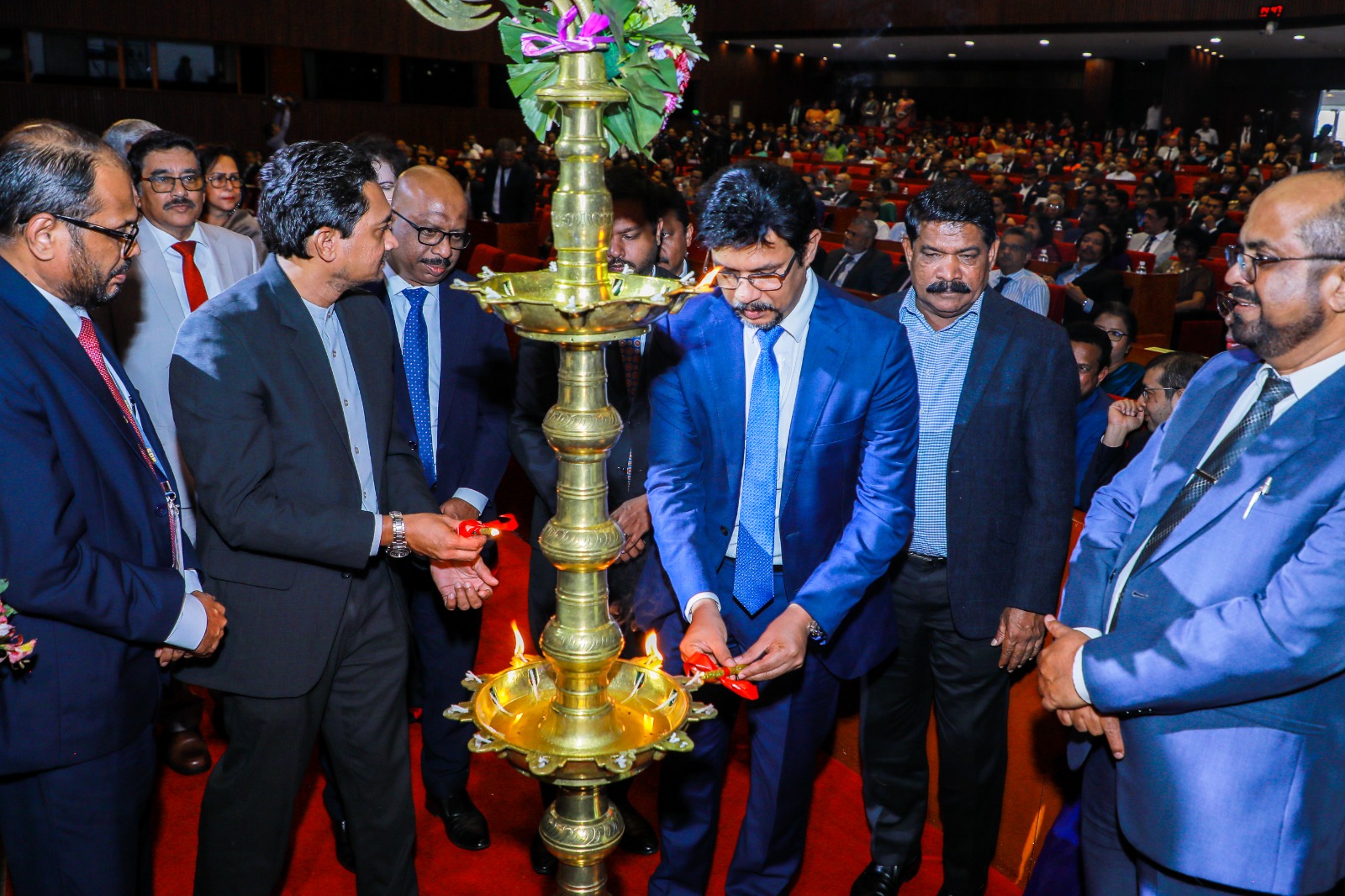
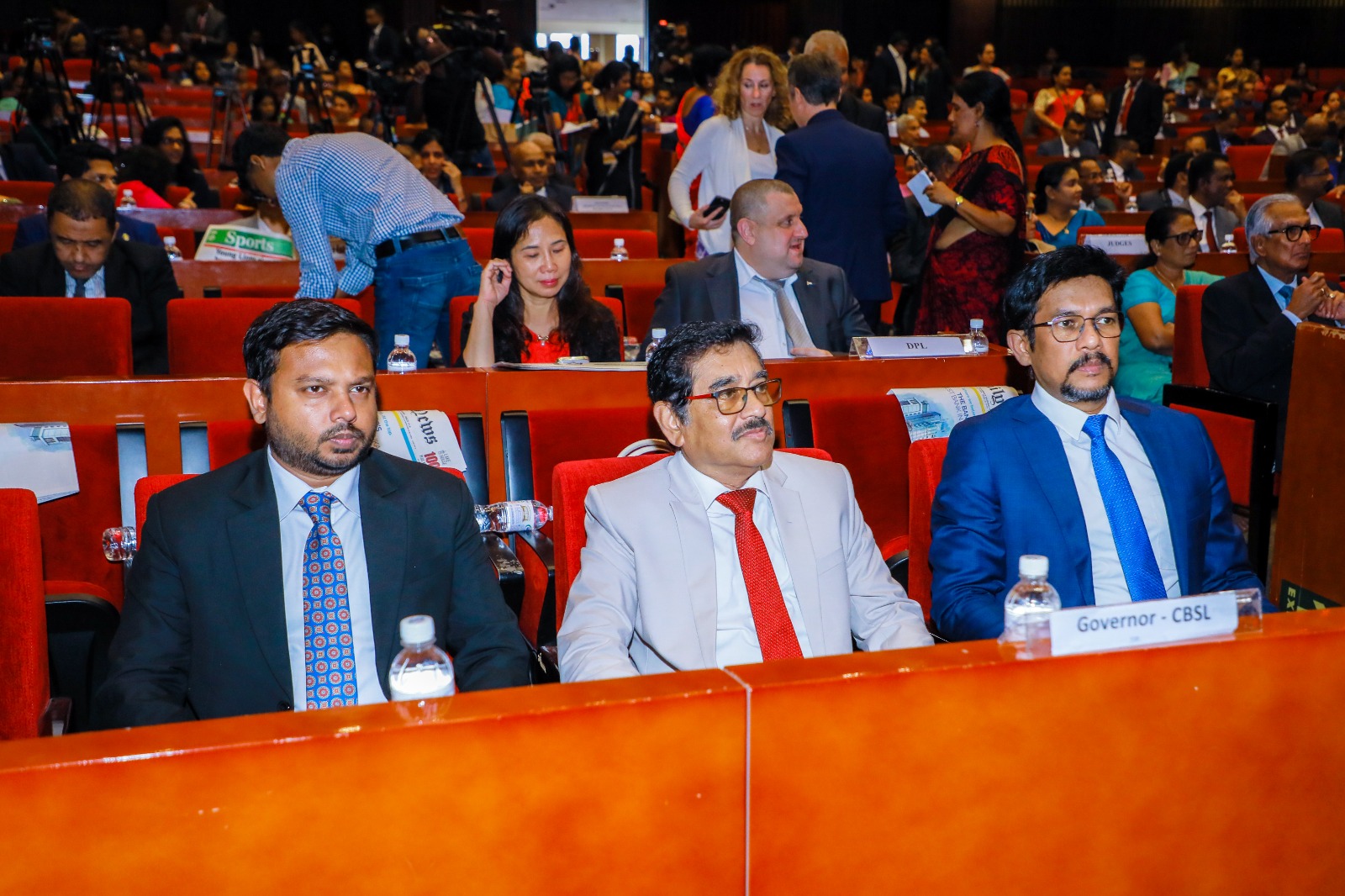
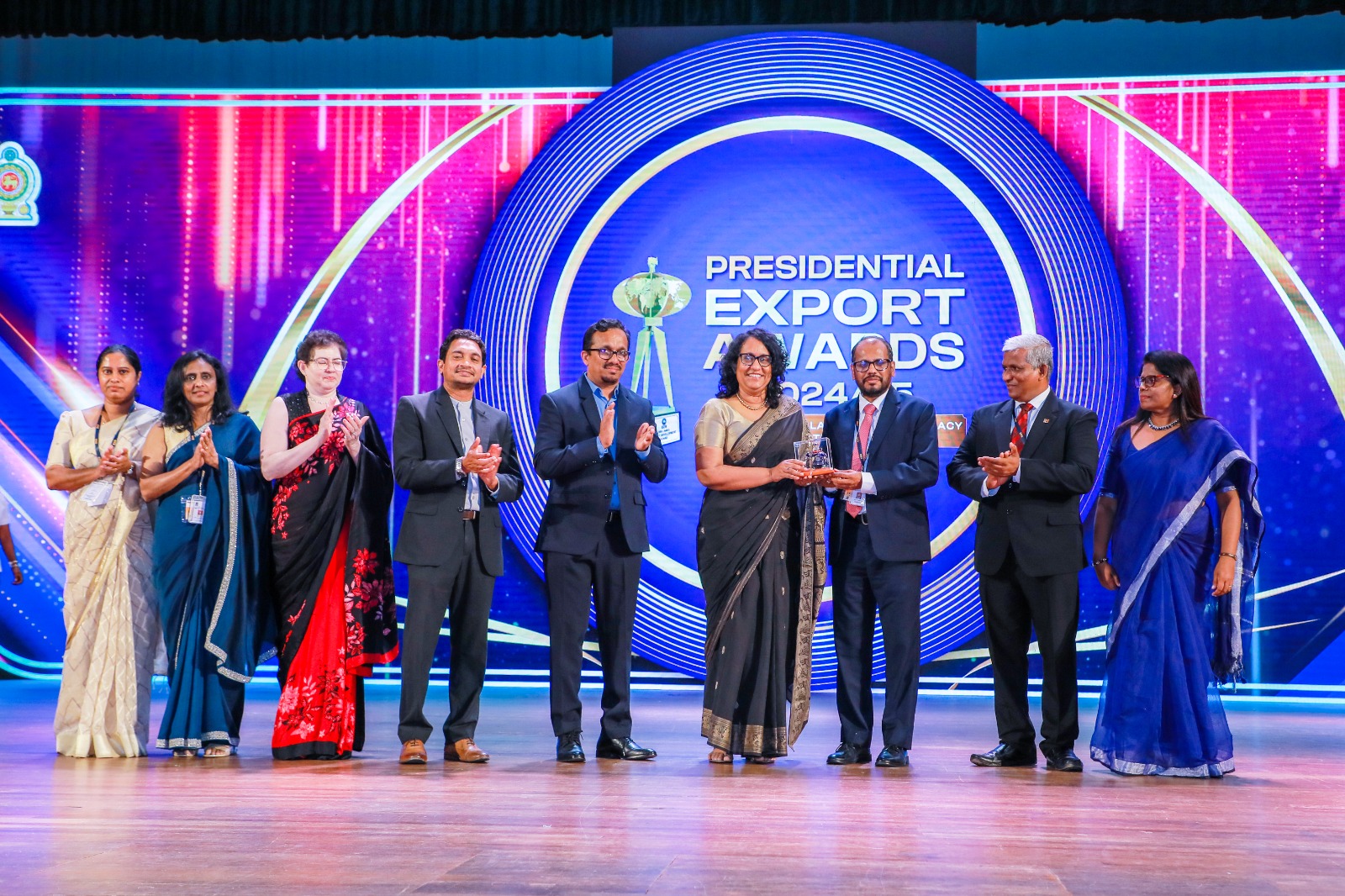

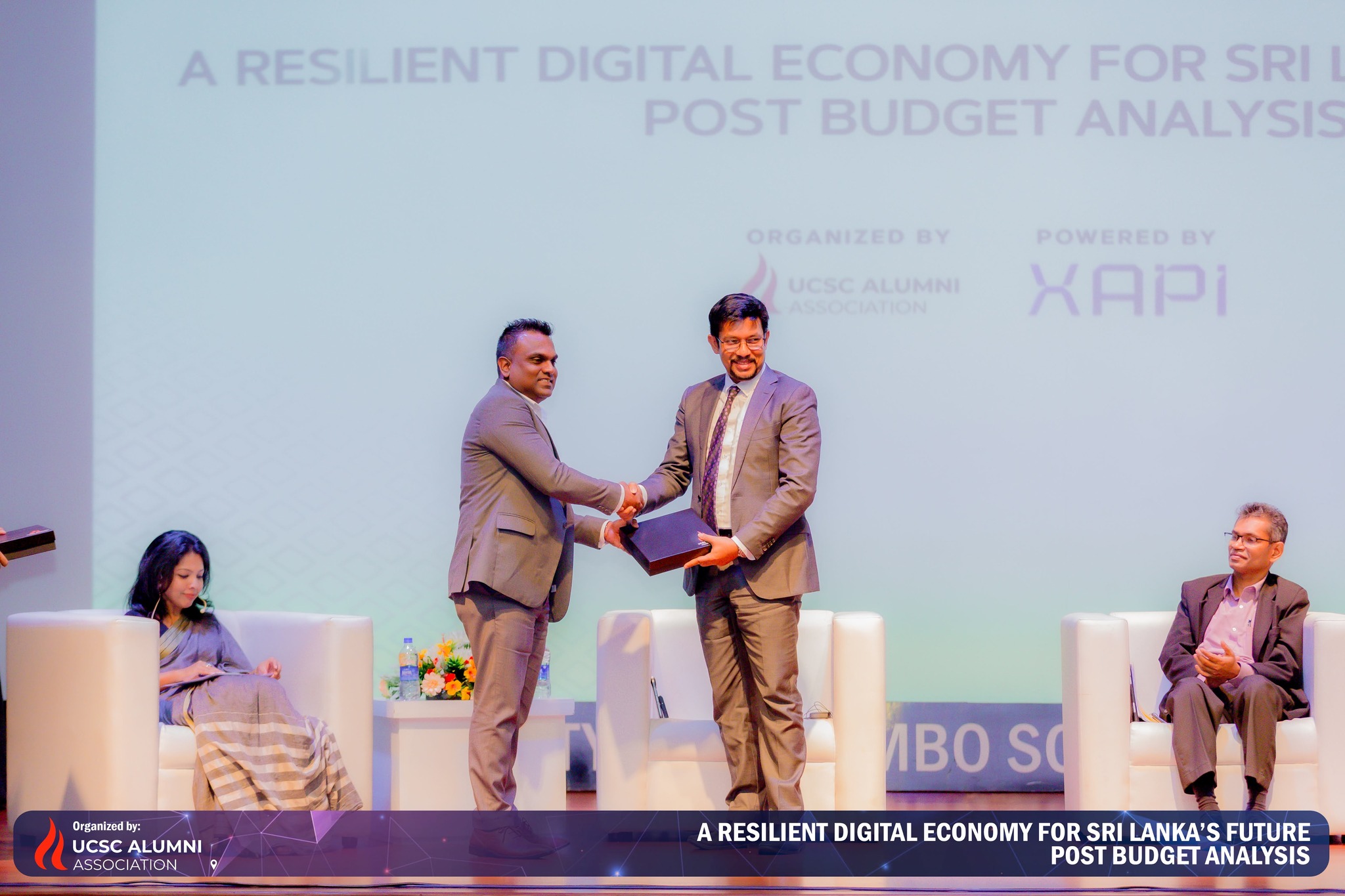

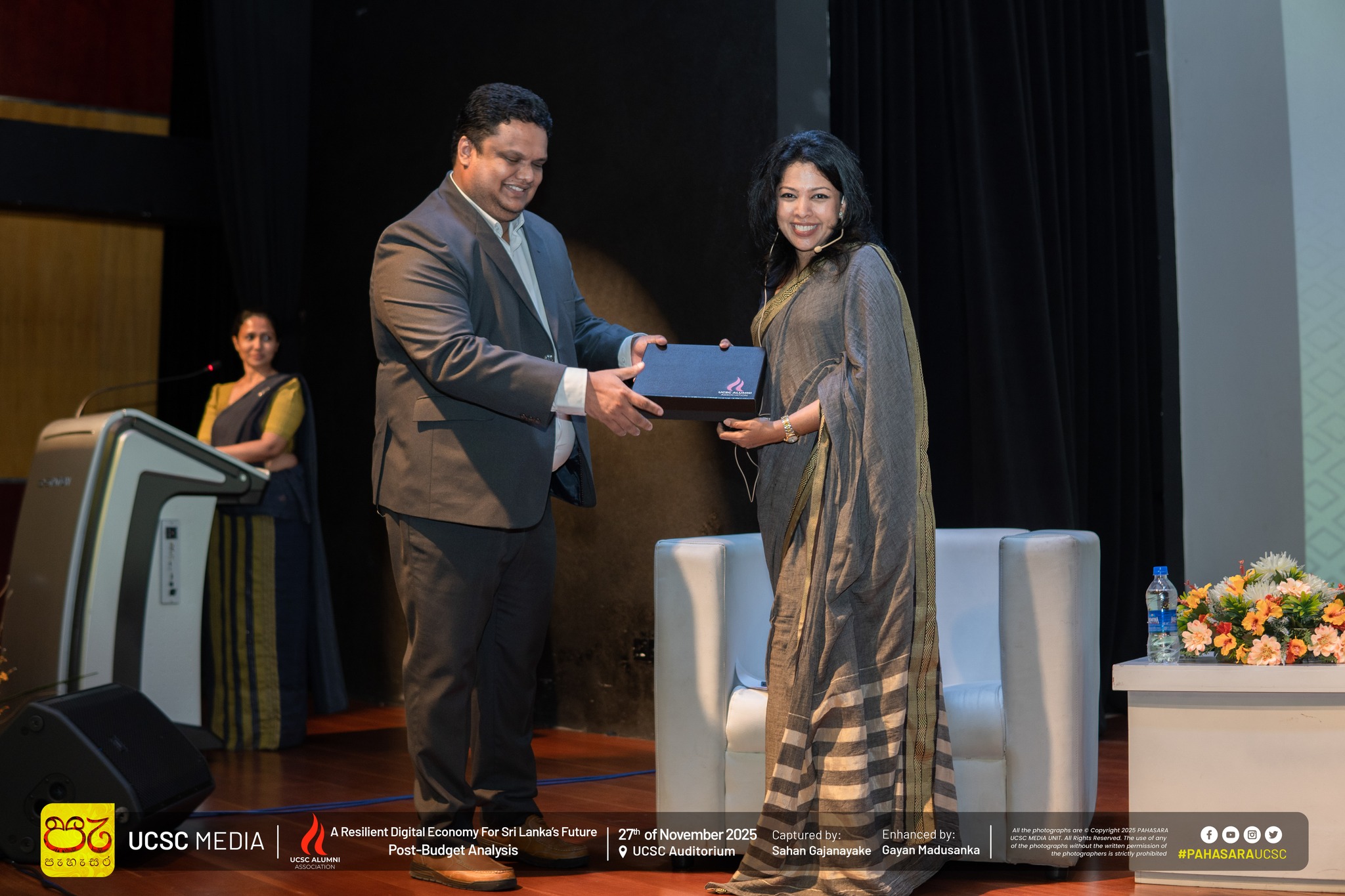
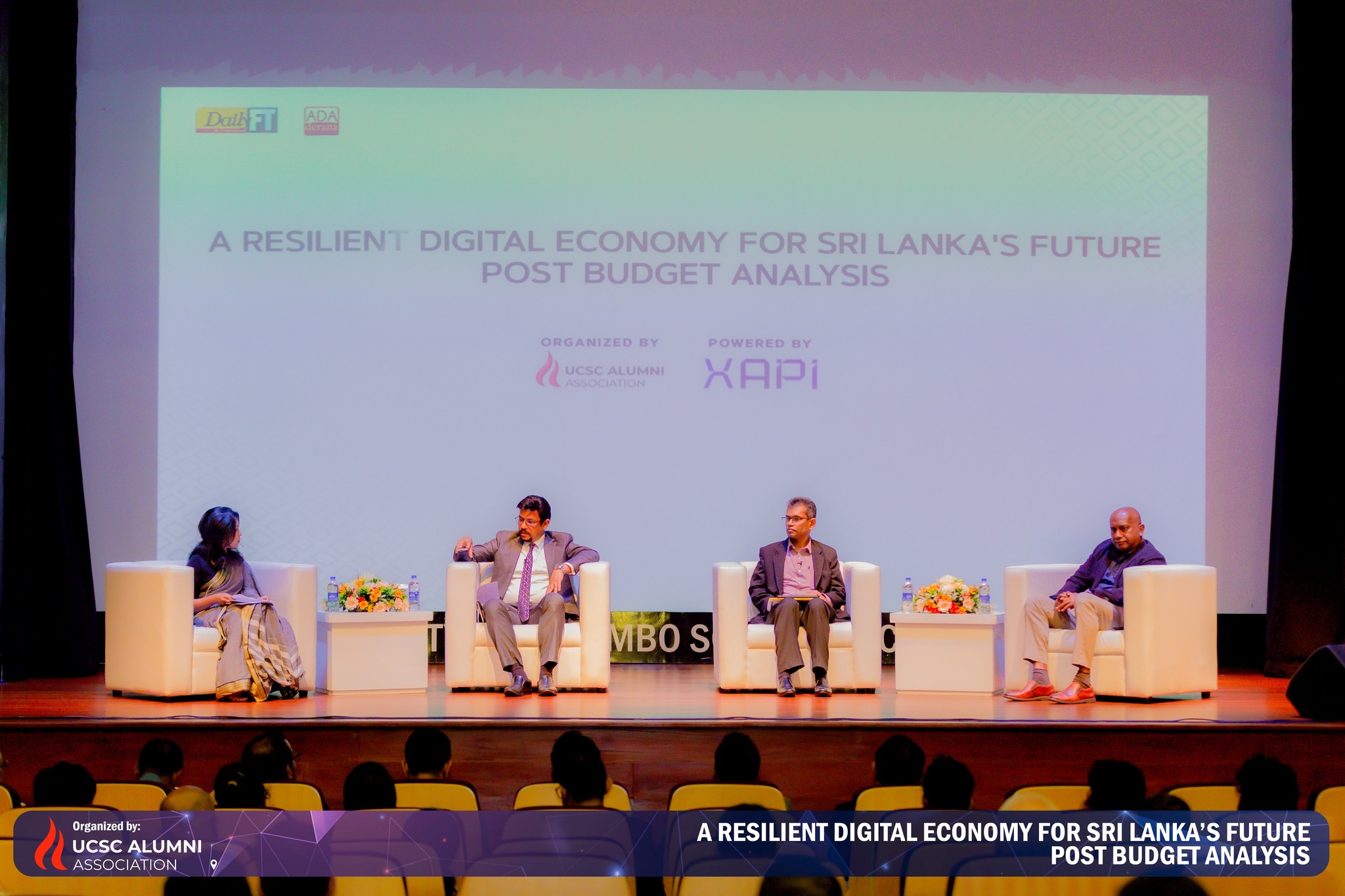
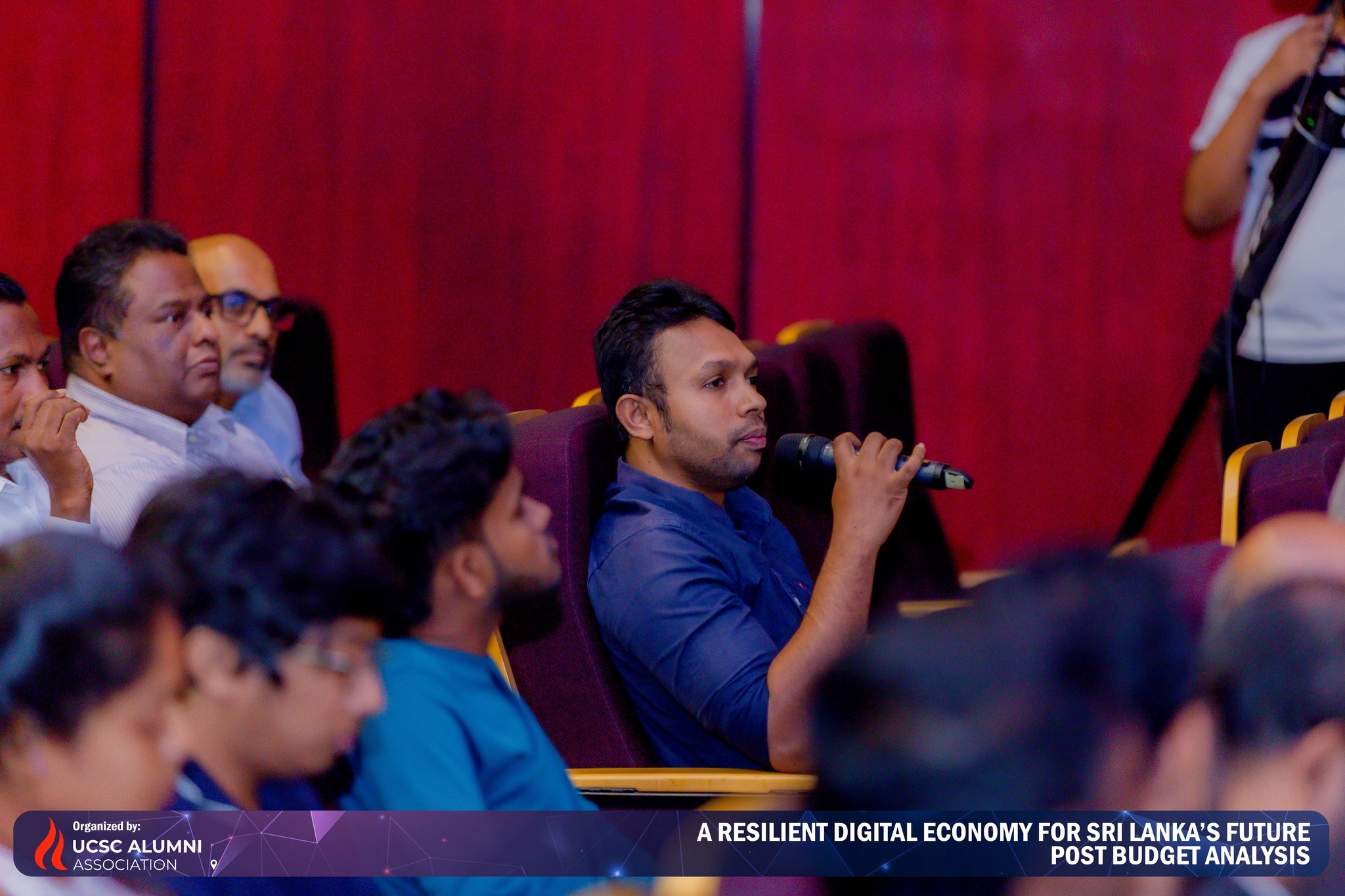
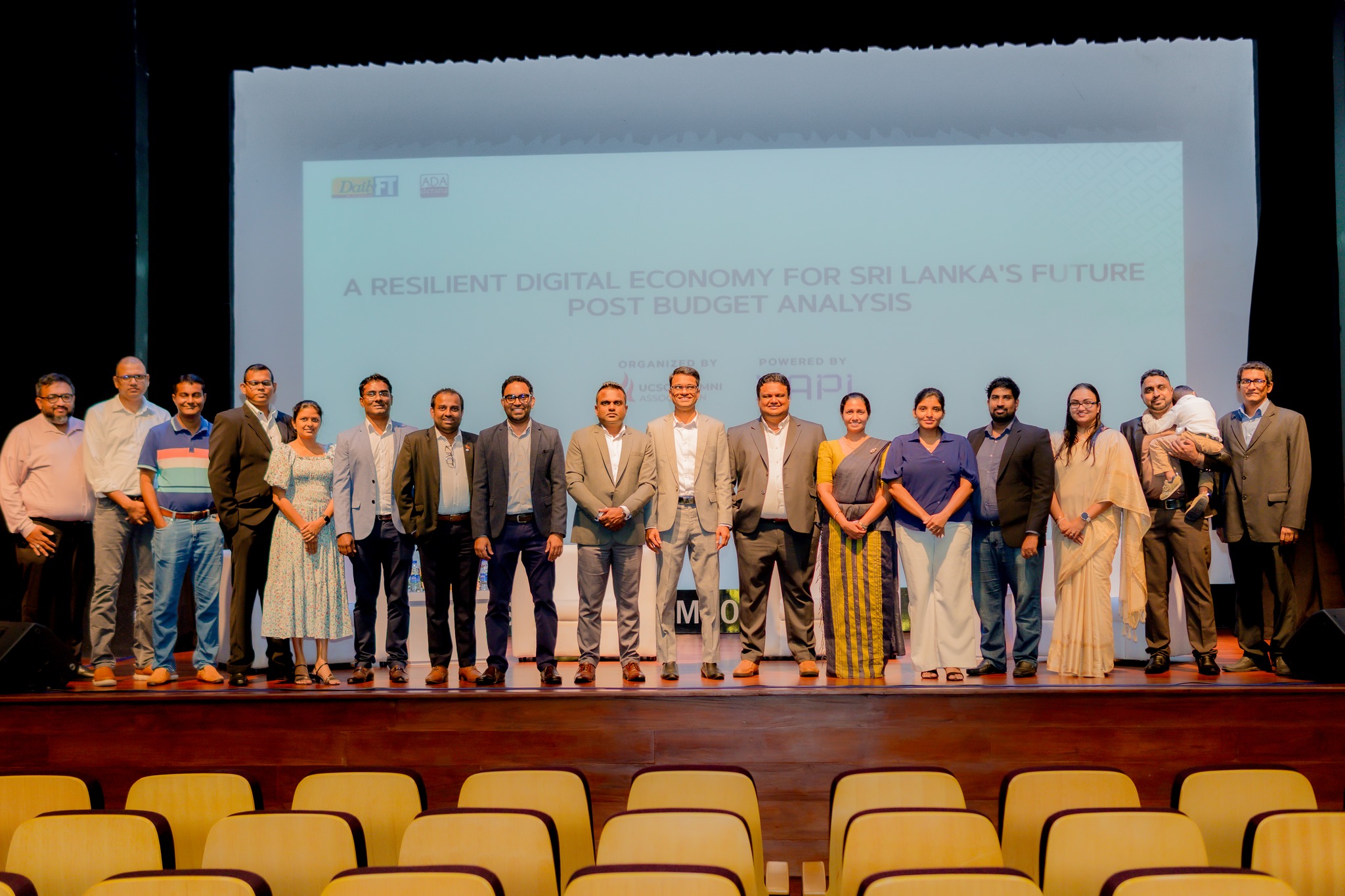
 Rebuilding Sri Lanka Fund
Call Us for more Information:
Local:1800
International: +94 112001800
Rebuilding Sri Lanka Fund
Call Us for more Information:
Local:1800
International: +94 112001800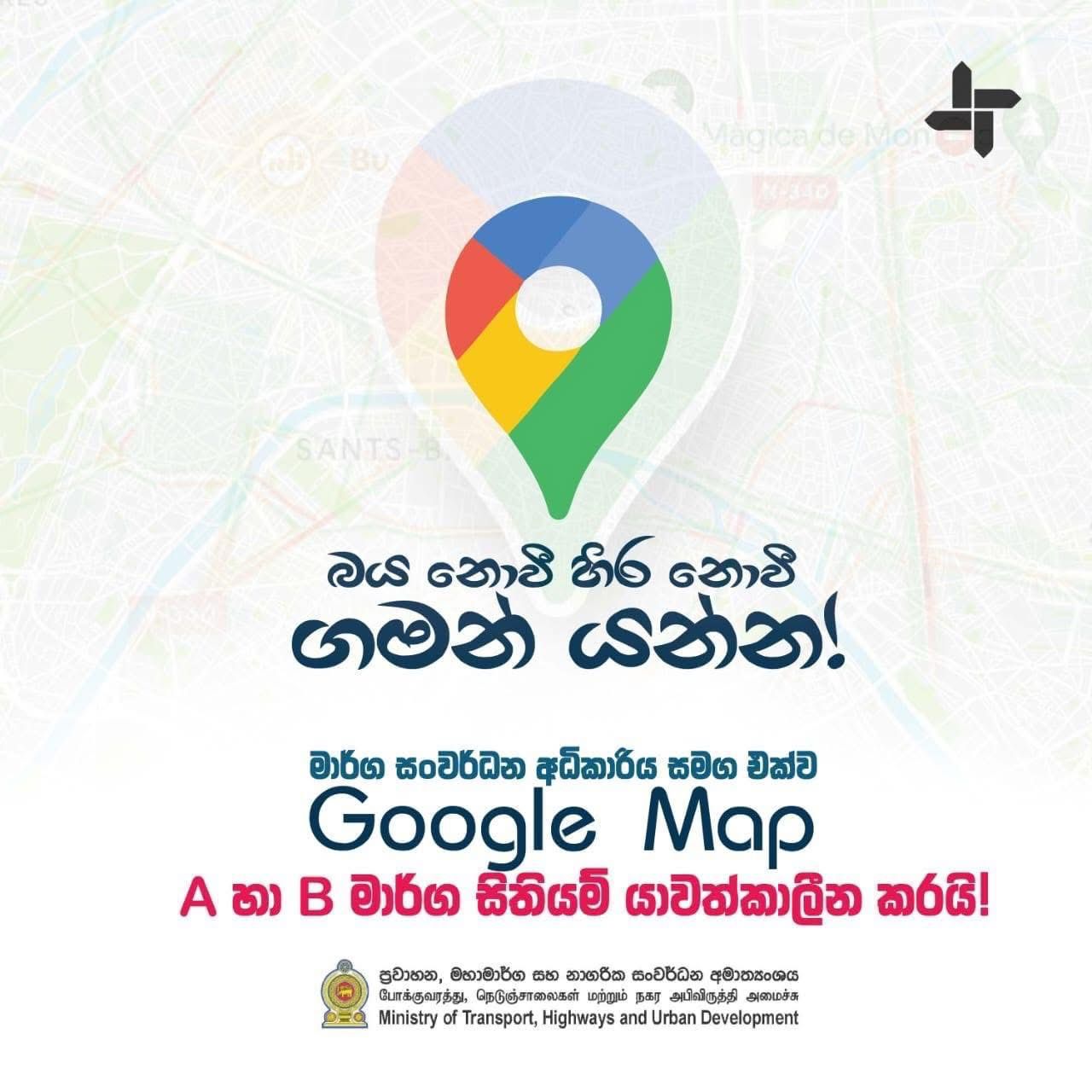 The Road Development Authority, in collaboration with Google and under the guidance of the Ministry of Digital Economy, is currently updating Sri Lanka’s A and B grade road network on Google Maps. With Google granting the Road Development Authority official GMCP (Google Map Content Partner) status, these updates are now being carried out efficiently and accurately.
The Road Development Authority, in collaboration with Google and under the guidance of the Ministry of Digital Economy, is currently updating Sri Lanka’s A and B grade road network on Google Maps. With Google granting the Road Development Authority official GMCP (Google Map Content Partner) status, these updates are now being carried out efficiently and accurately.